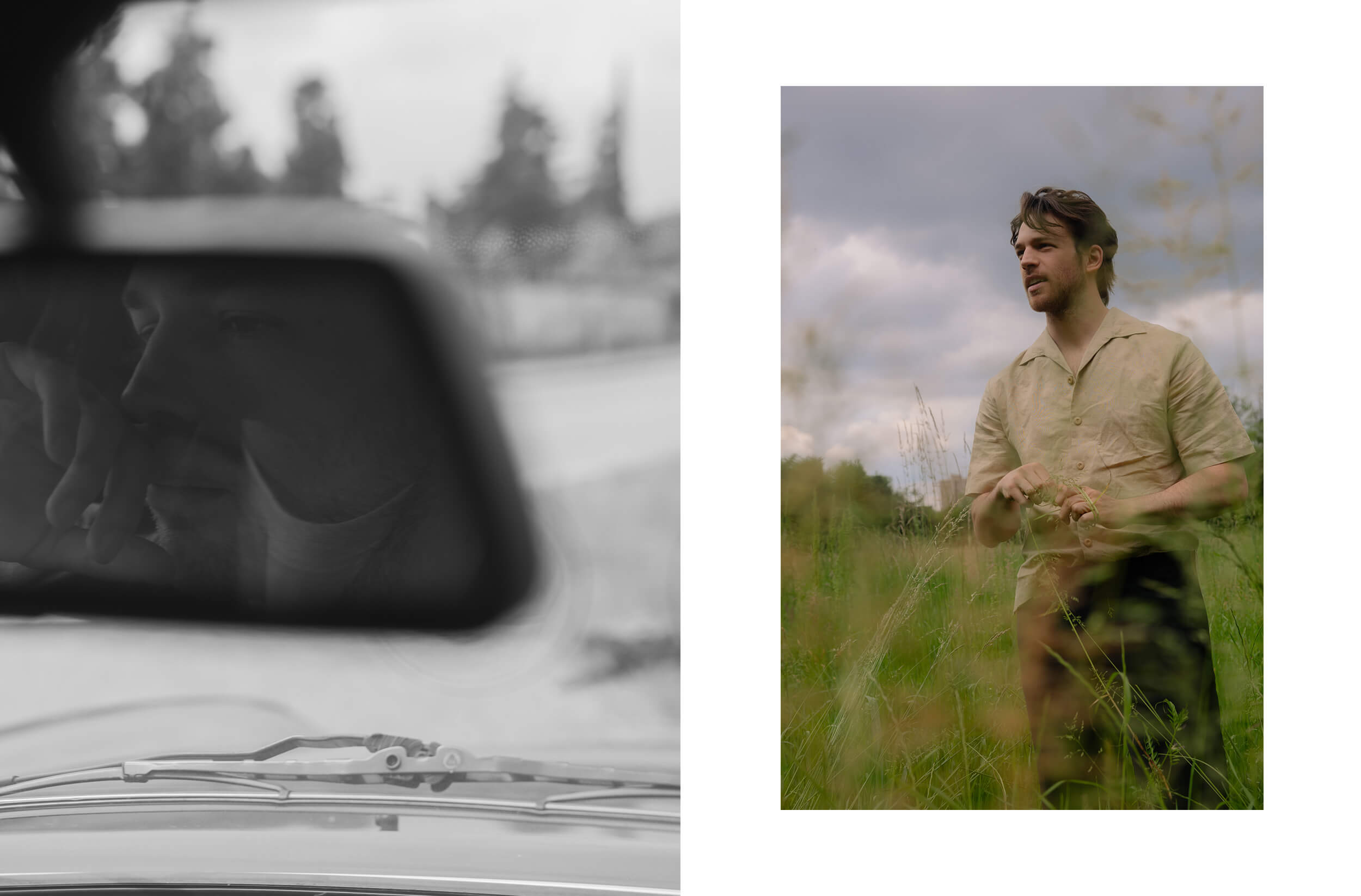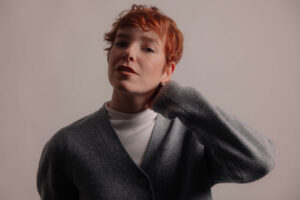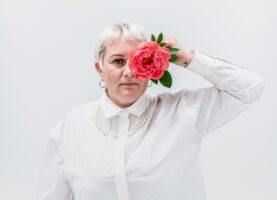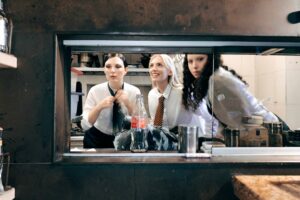An island that gathers all that’s possible, Italian-ness and American-ness, nature and drama: a very big island, that’s the kind of place where Sebastiano Pigazzi would picture himself spending his life. If only it existed. But fiction and reality might be easily interchangeable, perhaps, when you’re an actor for a living.
Broadcasting along the US–IT axis, Sebastiano and I chatted about dual cultures and double lives, the Seventh Art, authorial debuts, and, above all, about “And Just Like That…”. In the revival and sequel of “Sex and the City,” now airing its second and third seasons, Sebastiano plays Giuseppe, the new partner of Anthony Marentino.
Balancing between two cultures and two continents, Sebastiano is building his path with clarity and curiosity. Not really looking for ideal refuges but rather learning to manage pressure and overcome the boundaries the acting machine puts in front of him.
What’s your first cinema memory?
I used to go to the movies with my mom as a kid, sometimes even seeing two or three films a day, and the first one I remember is “The Last Samurai.”
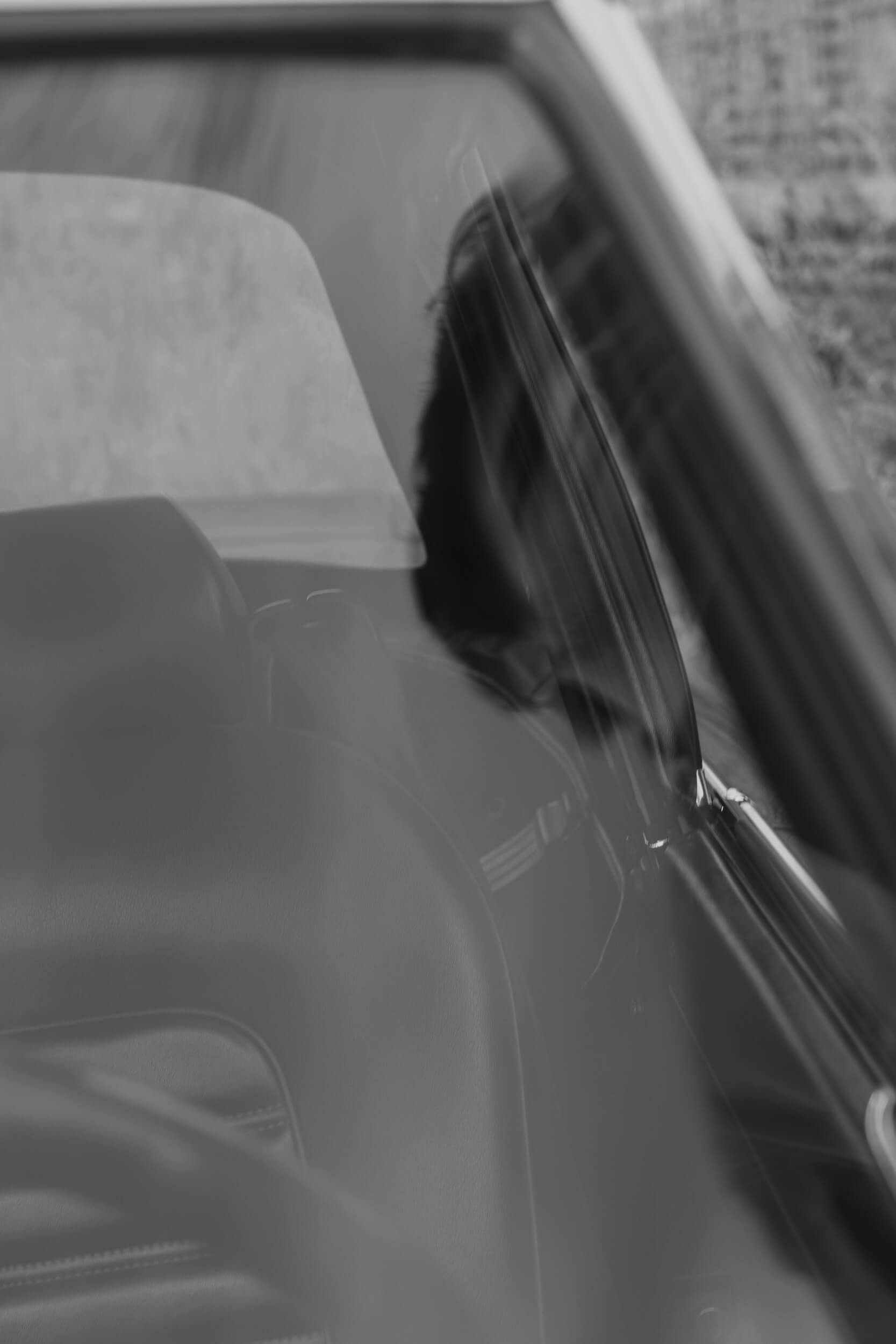
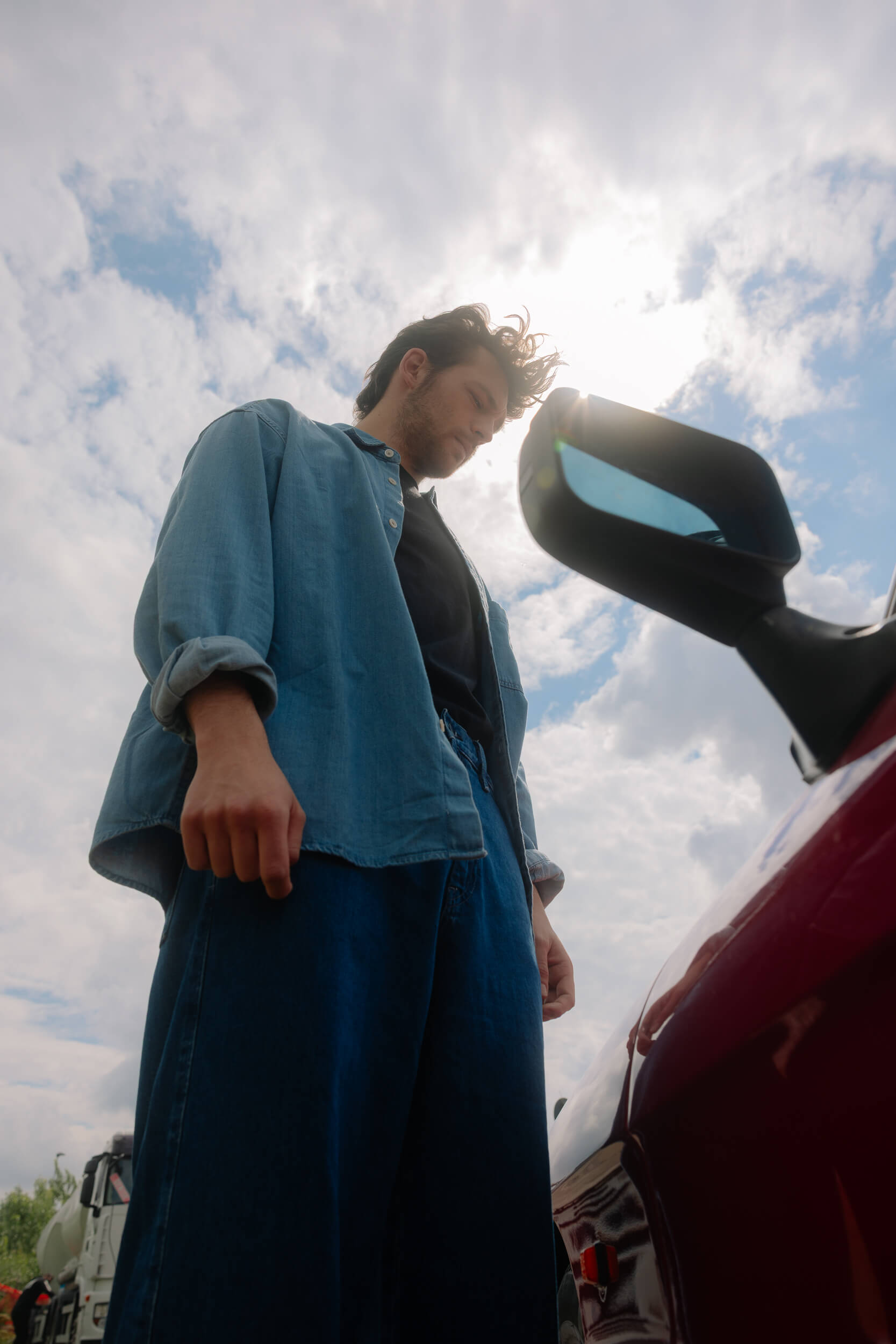
Have you lived in America for most of your life?
Mostly yes, although I used to come to Italy every summer as a child, and as an adult I lived there for five or six months.
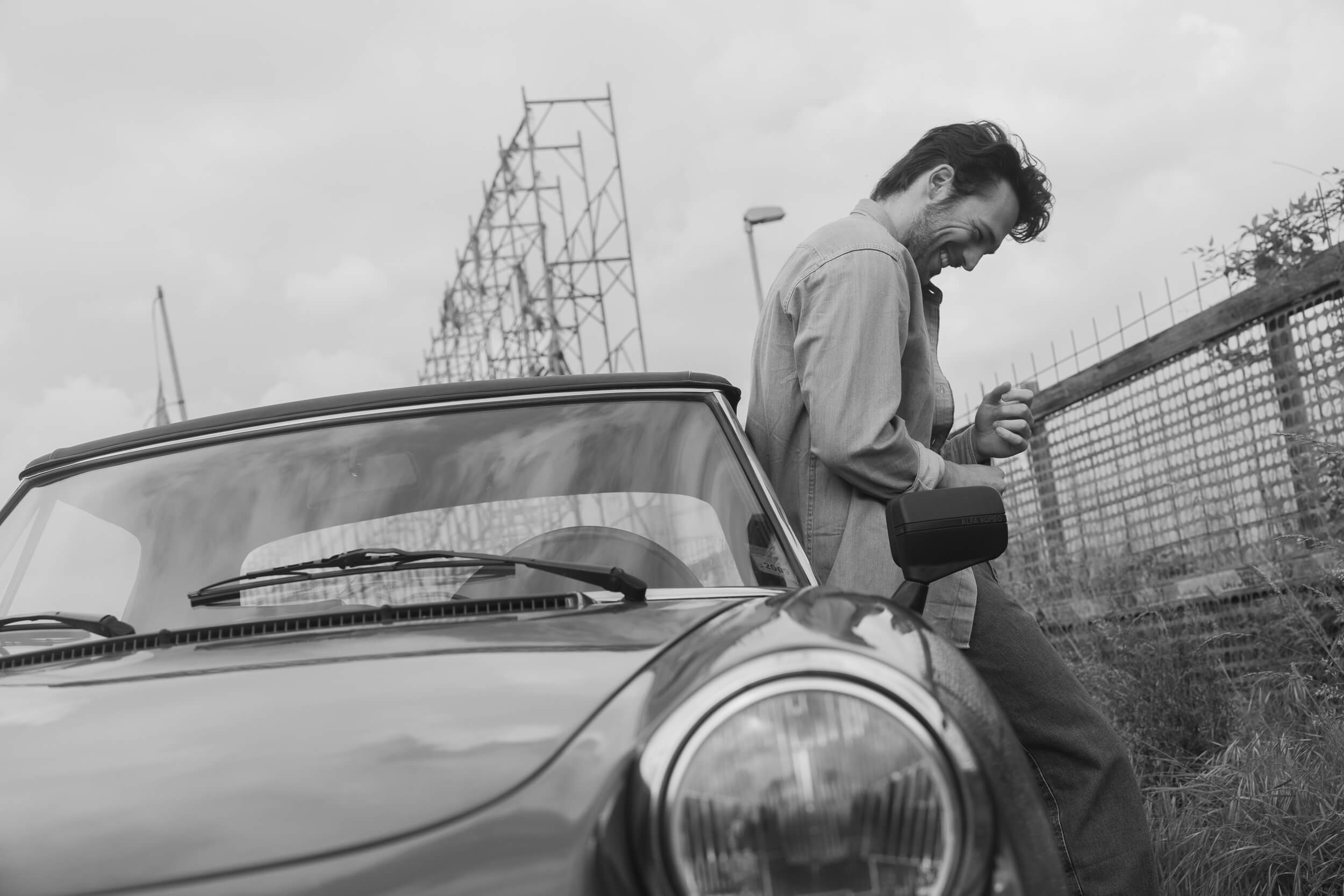
Speaking of “And Just Like That,” what was your first reaction when you officially found out you were in the cast?
I told myself, “Let’s see when they change their mind!” [laughs]
My instinct always makes me wonder in which ways I’ll end up losing the job… [laughs] Until I’m actually on set – at least until we started script readings – I was a bit sceptical and hesitant.
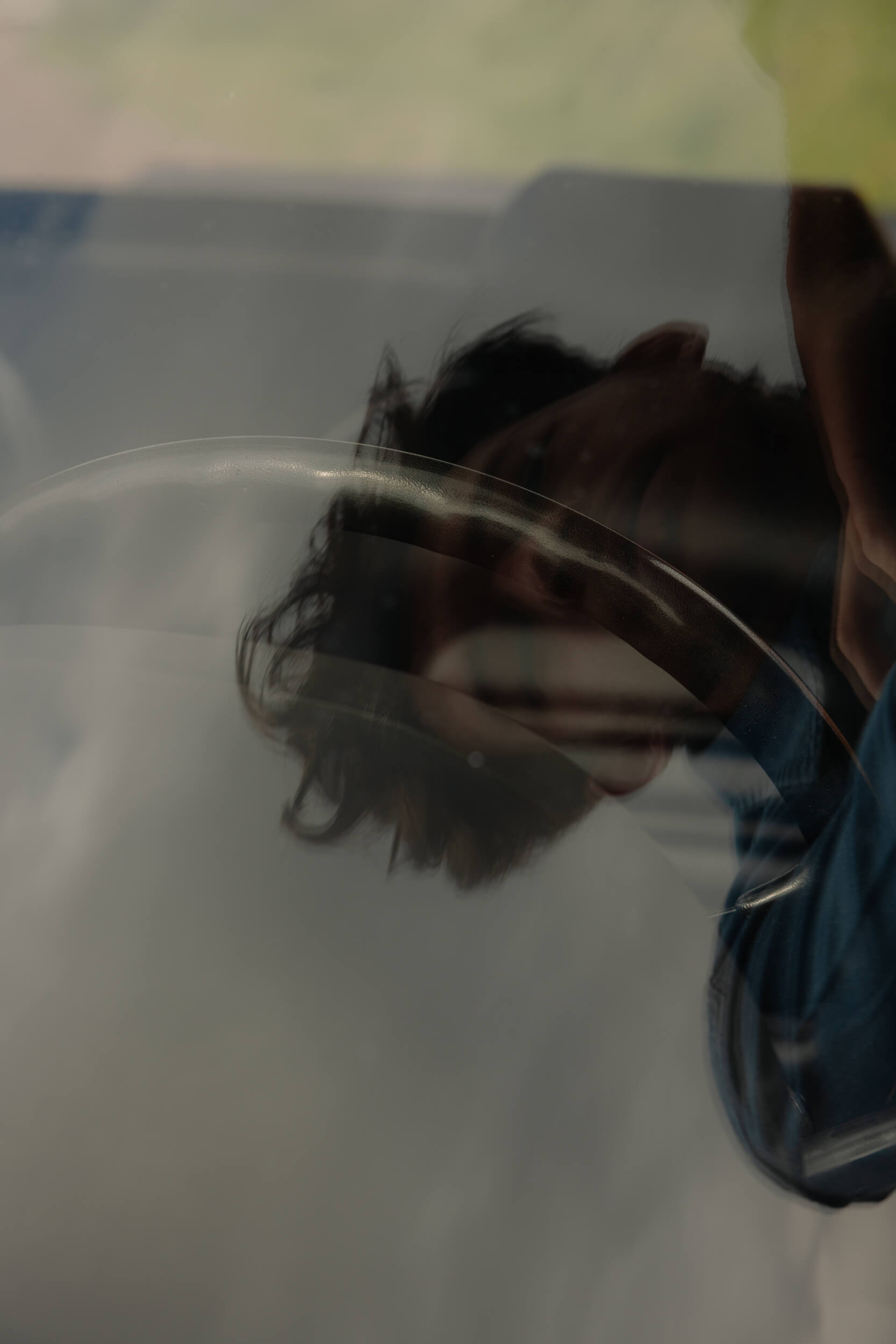
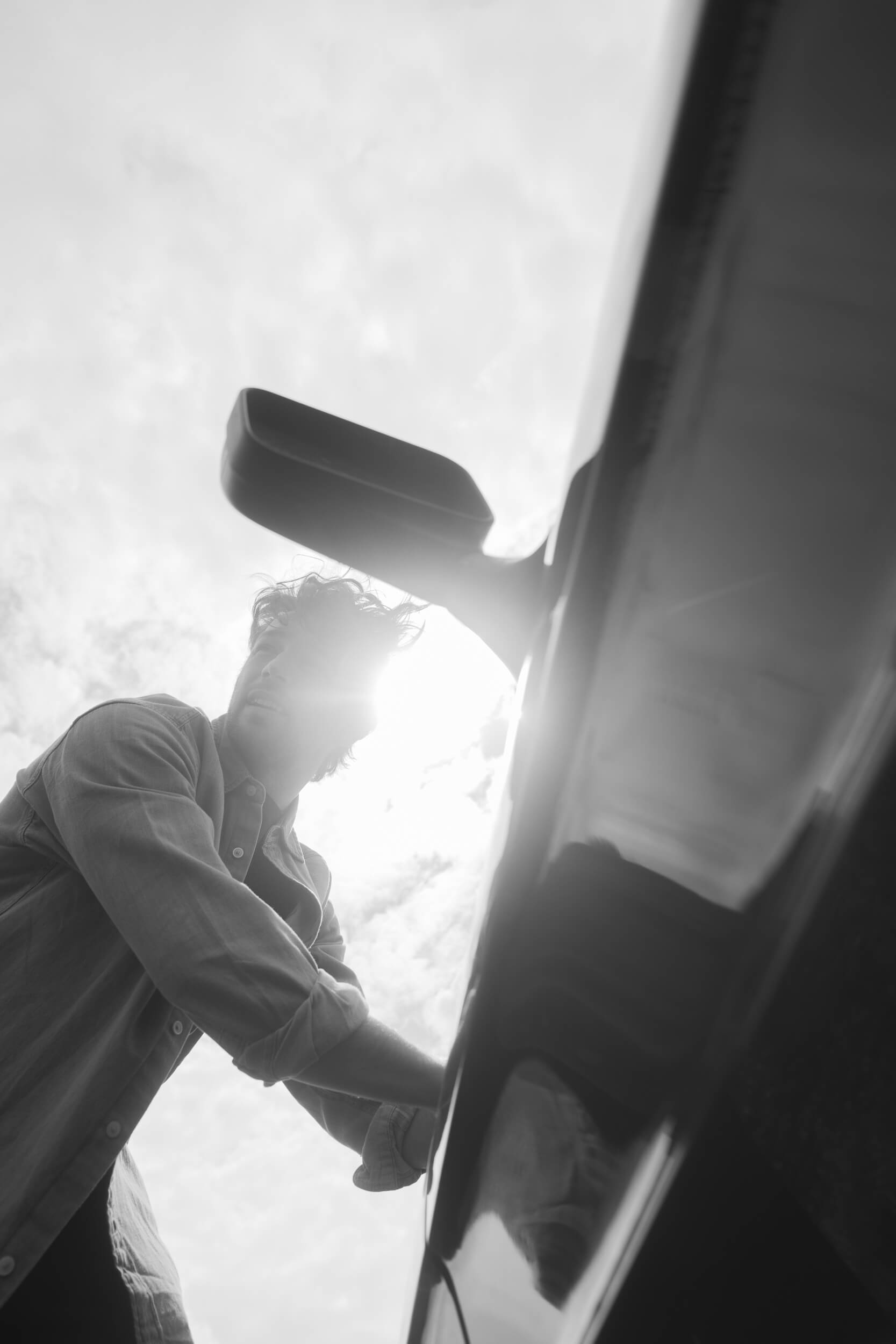
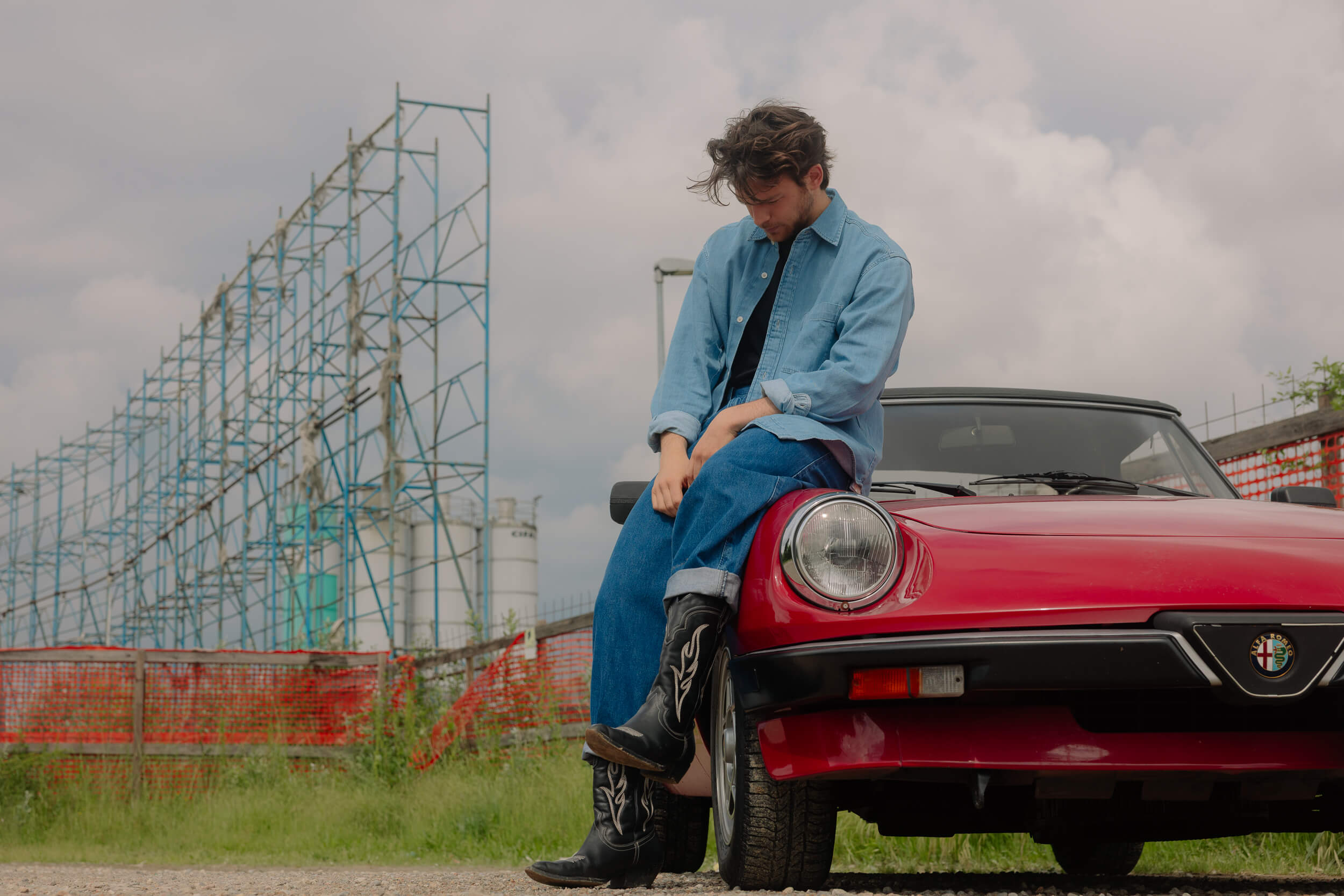
You couldn’t believe it! And yet you’ve made it to season three. Giuseppe is a poetic character – not just by profession but by sensitivity too. How much of yourself did you put into him, and what did you have to invent?
Honestly, I try not to ask myself too many of those questions. Every character is always a part of me, I always bring a lot of myself in, while trying to emphasize certain aspects. I don’t try too hard to quantify how much is “me,” I just do what I feel and if something feels off, I change the approach. In my view, if you make it too much of an equation or a chemistry experiment, the result becomes overly worked and I never want the audience to see the work behind it.
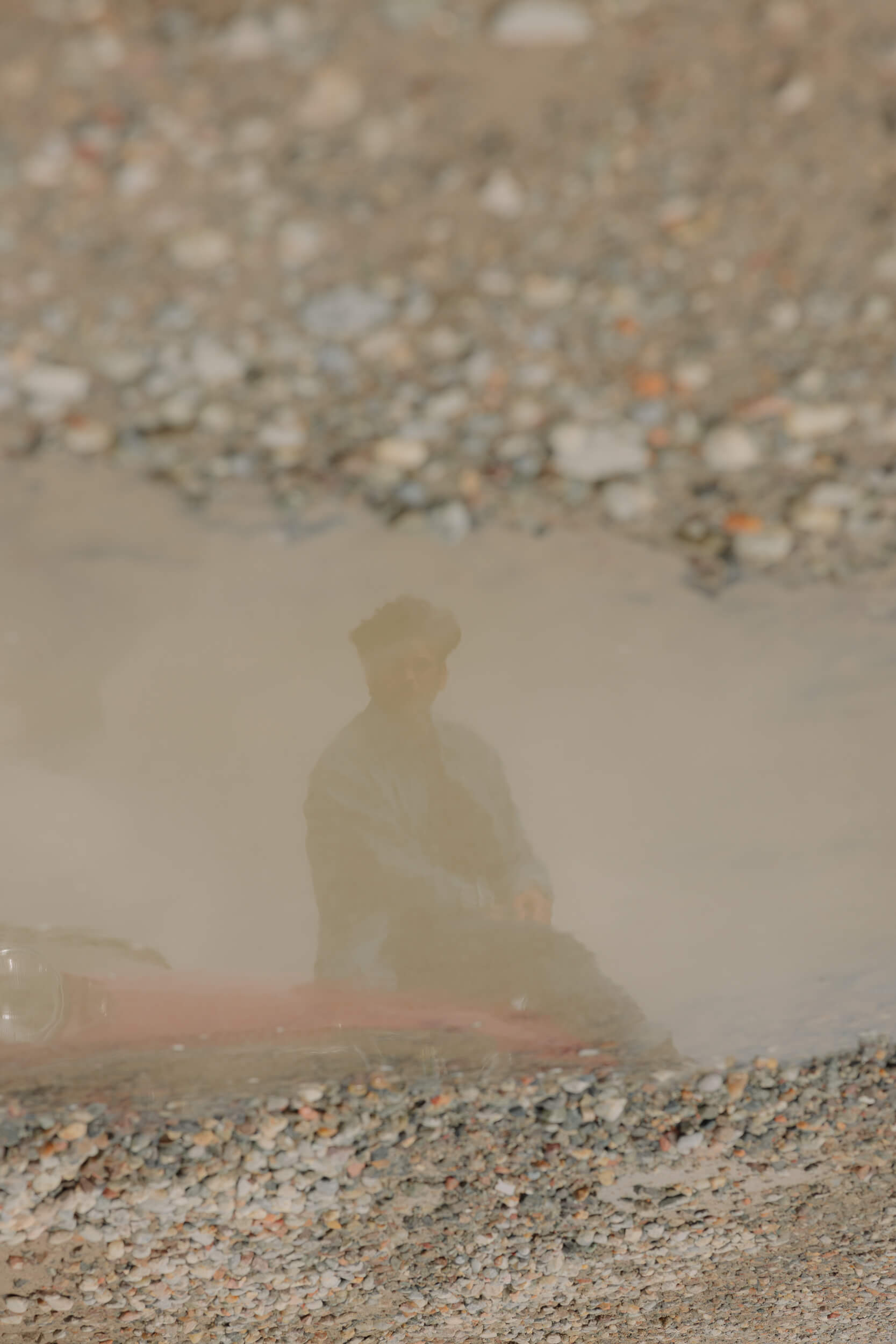
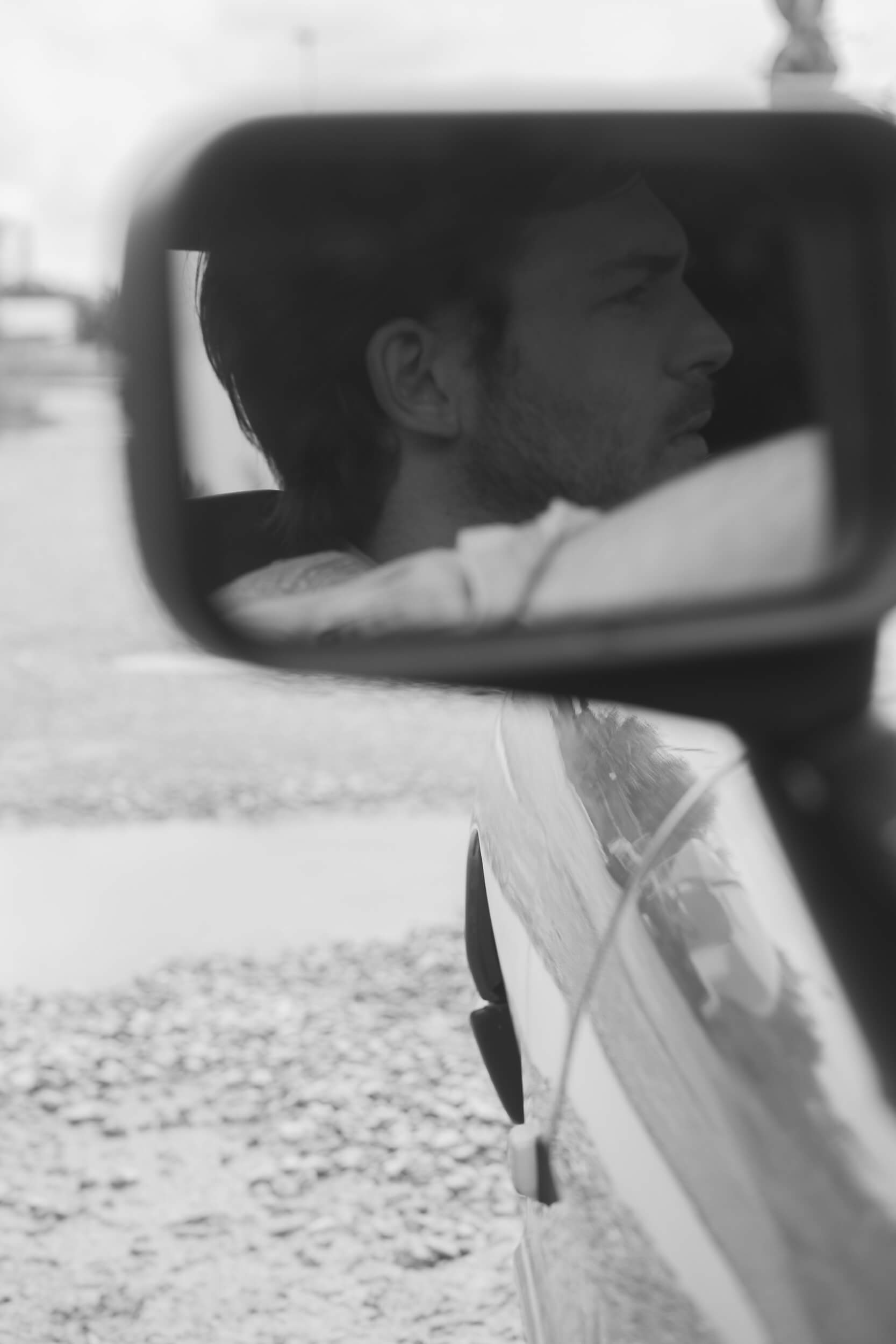
“…I never want the audience to see the work behind it.”
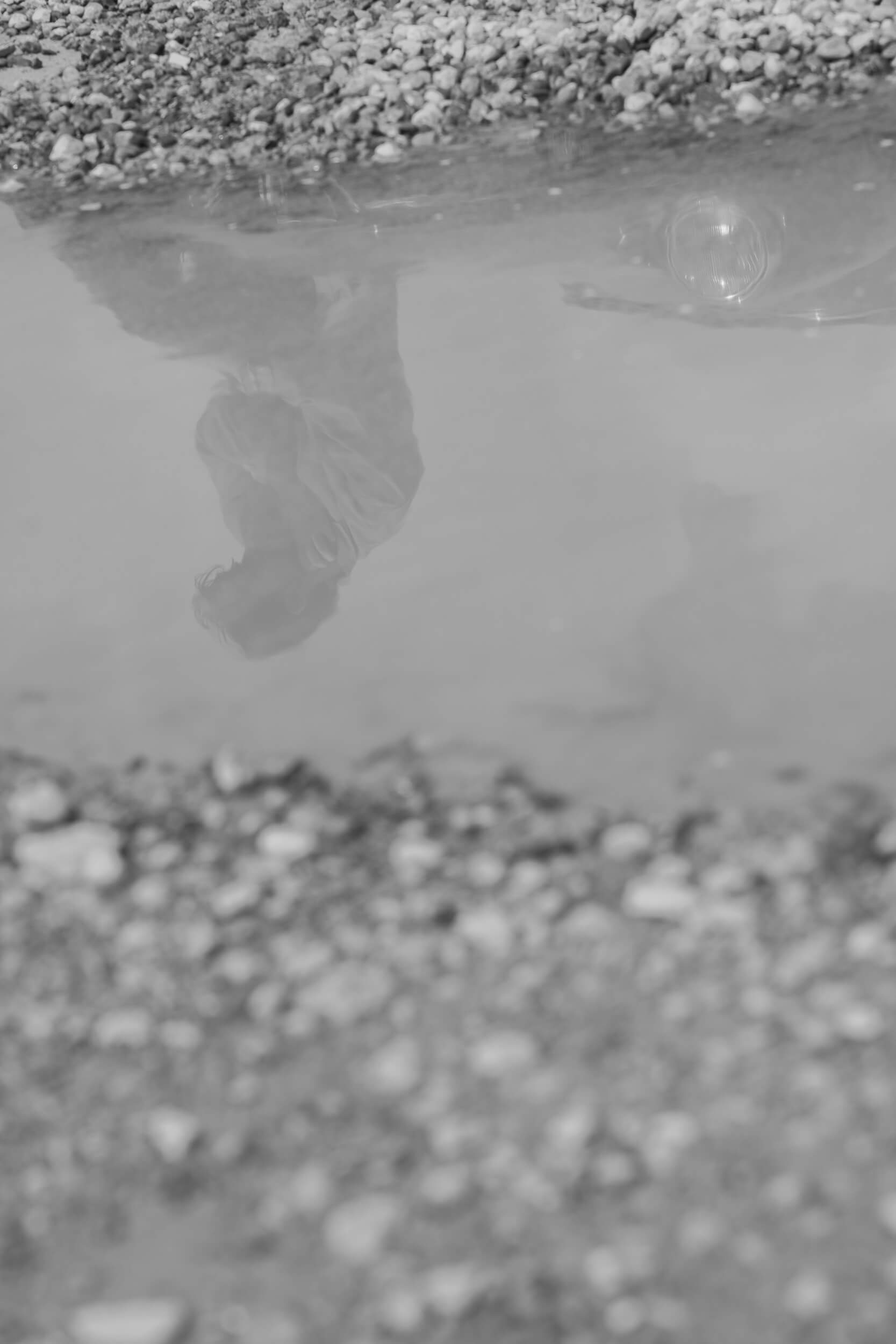
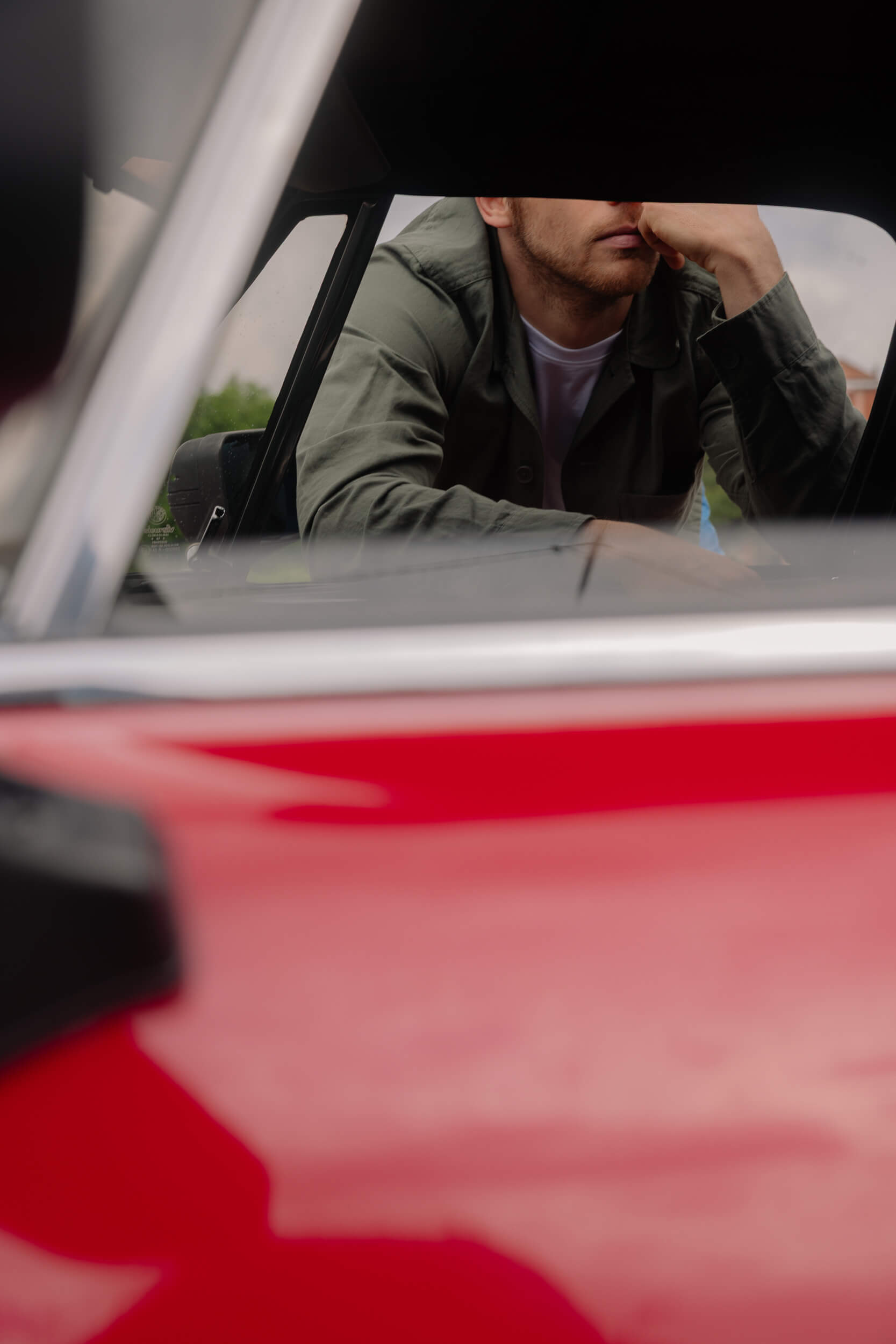
Was there a moment – however small – when you felt like you’d found your place in the story? A gesture, a line, a scene?
You kind of get that sense from the directors and the people around you, when they let you know you’ve earned your place, that what you’re doing is appreciated.
Then, one of the first days on set last year we had to shoot a scene where I had to kiss Anthony, that is, Mario Cantone. It was our first kiss: that was a special moment, unexpectedly simple, fluid, smooth.
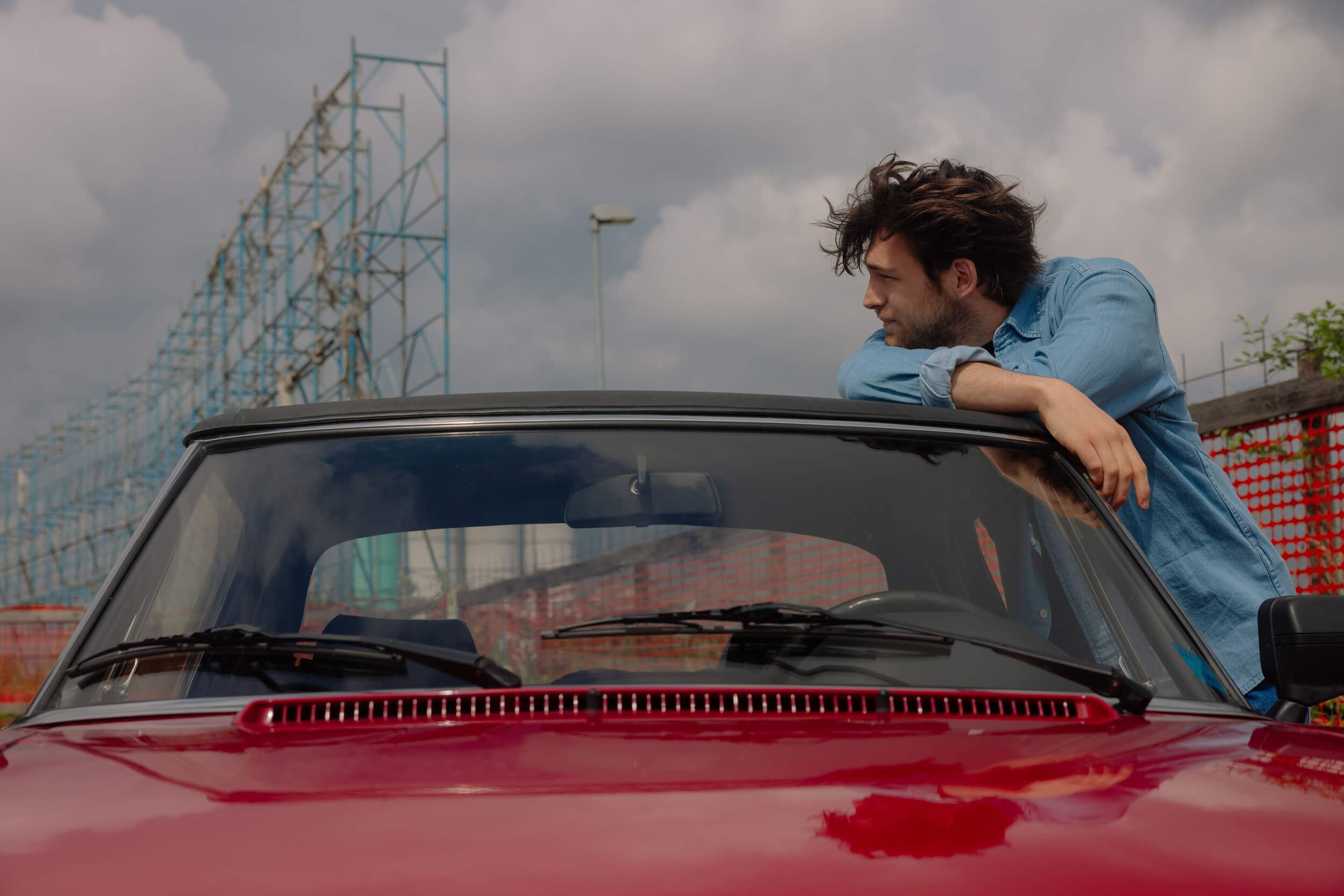
Speaking of which, the series plays a lot with identity, relationships, gender roles. How do you, as both actor and person, relate to the centrality of identity themes?
I think we focus a bit too much on those things. I’m very much a “live and let live” kind of person. When we give too much importance to “where we come from” and “who we sleep with” instead of understanding who we are, it becomes a bit too much about labeling without thinking.
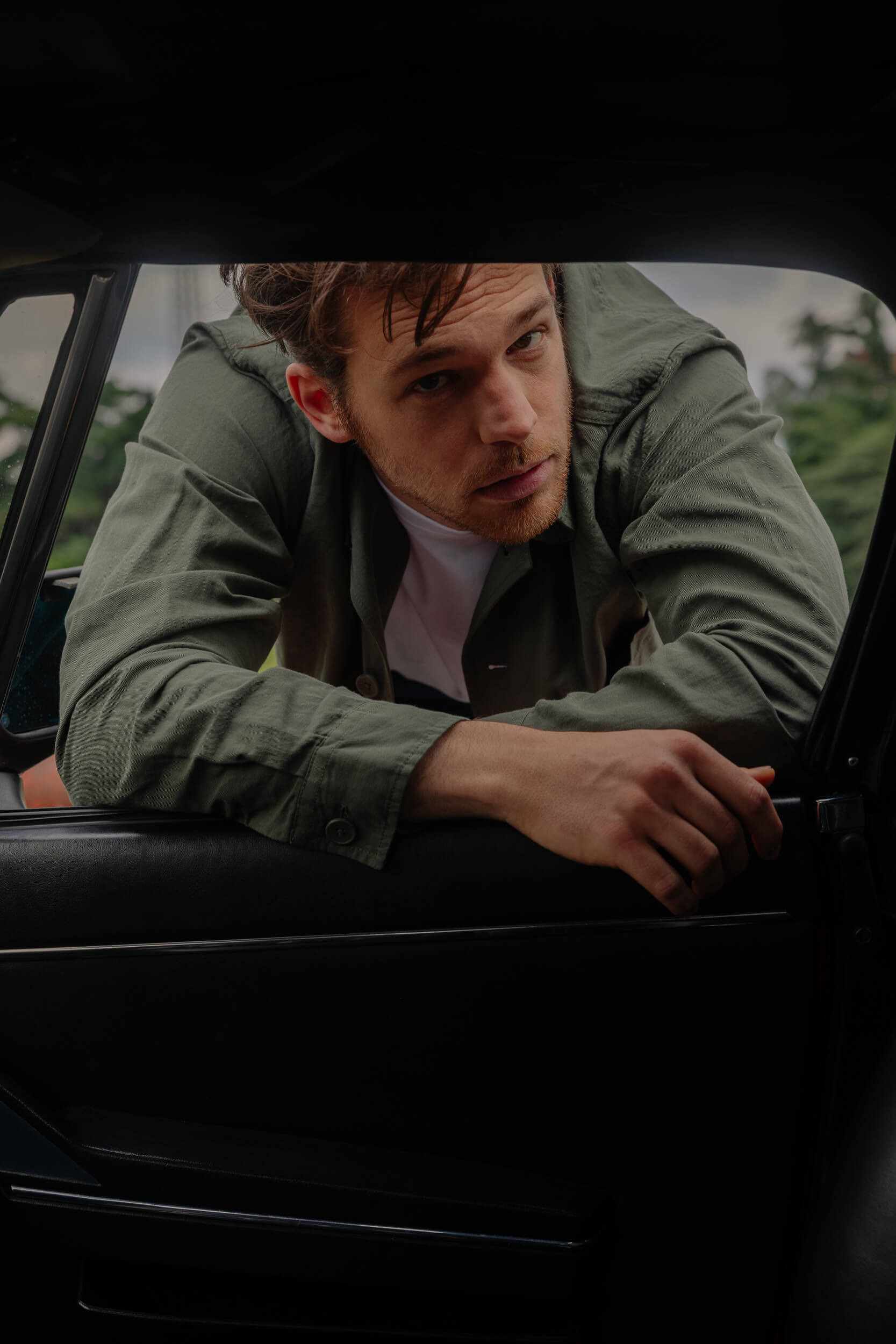
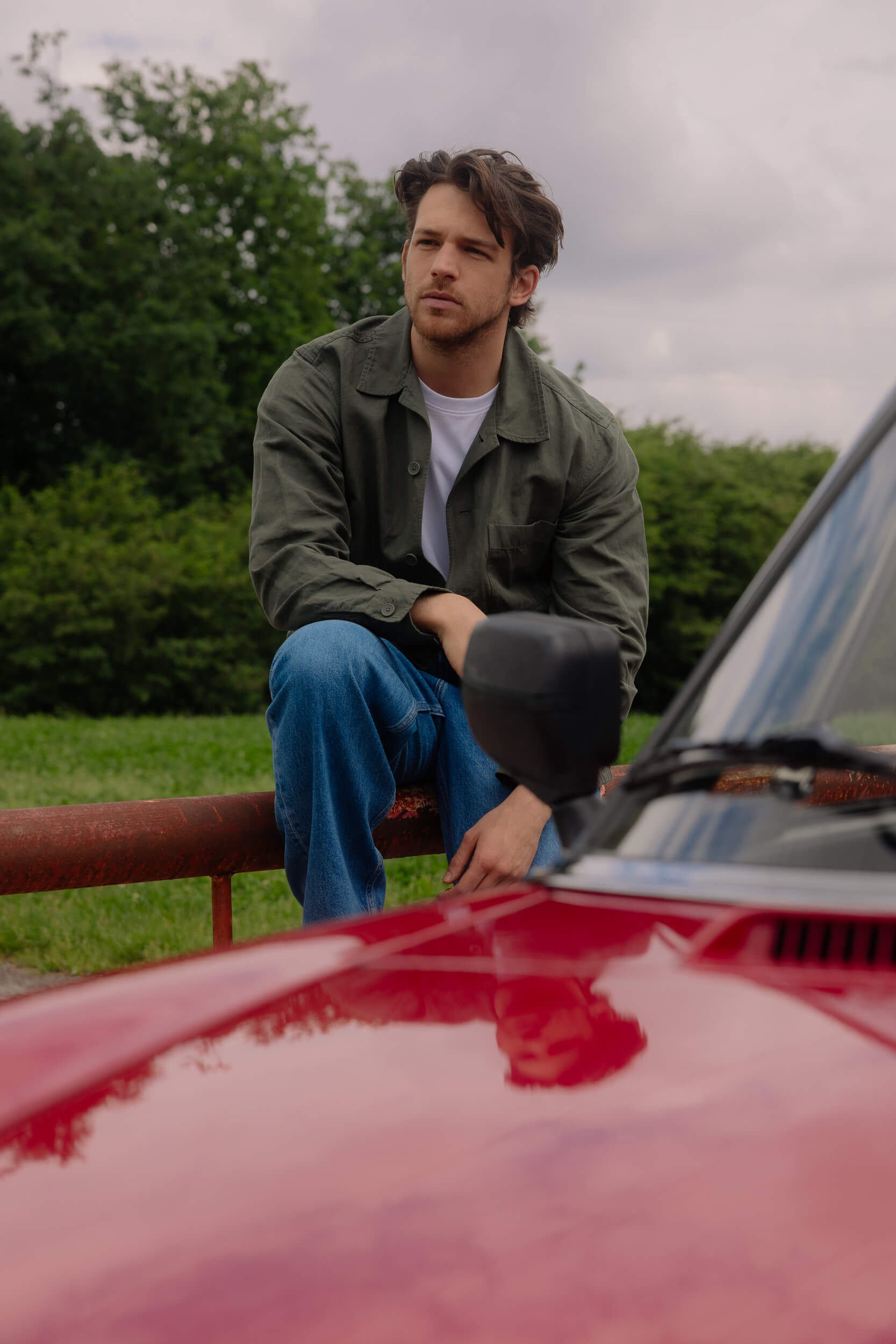
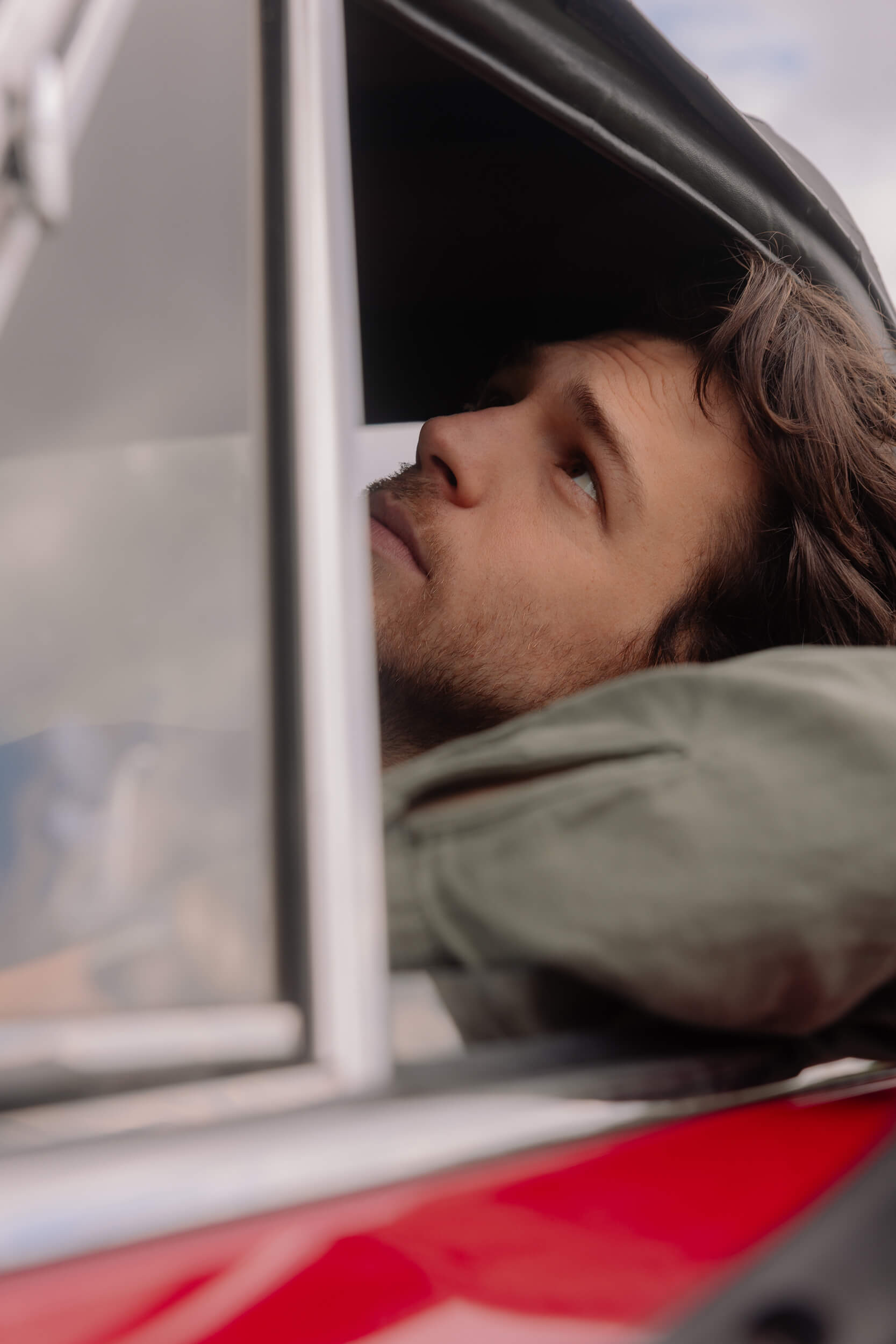
“Live and let live”
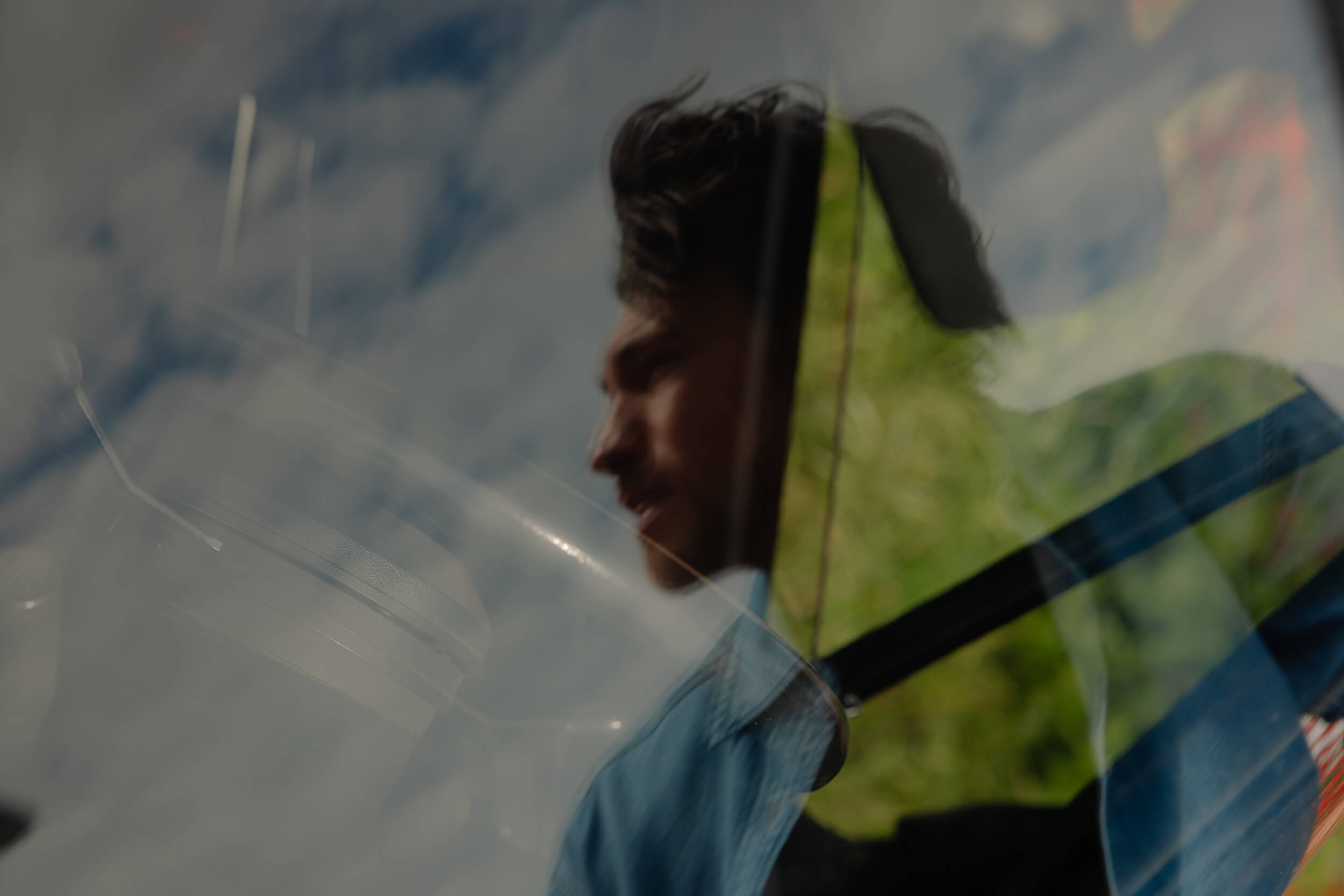
The relationship between Giuseppe and Anthony was a surprise last season. In the new one, we see that bond face new challenges. What was it like exploring such mature couple dynamics, still with an undertone of irony?
There’s a lot of truth in that relationship that reminds me of friendships and relationships I, myself, have today. Also, Mario and I became friends off set, so that really helped us experiment and play during filming.
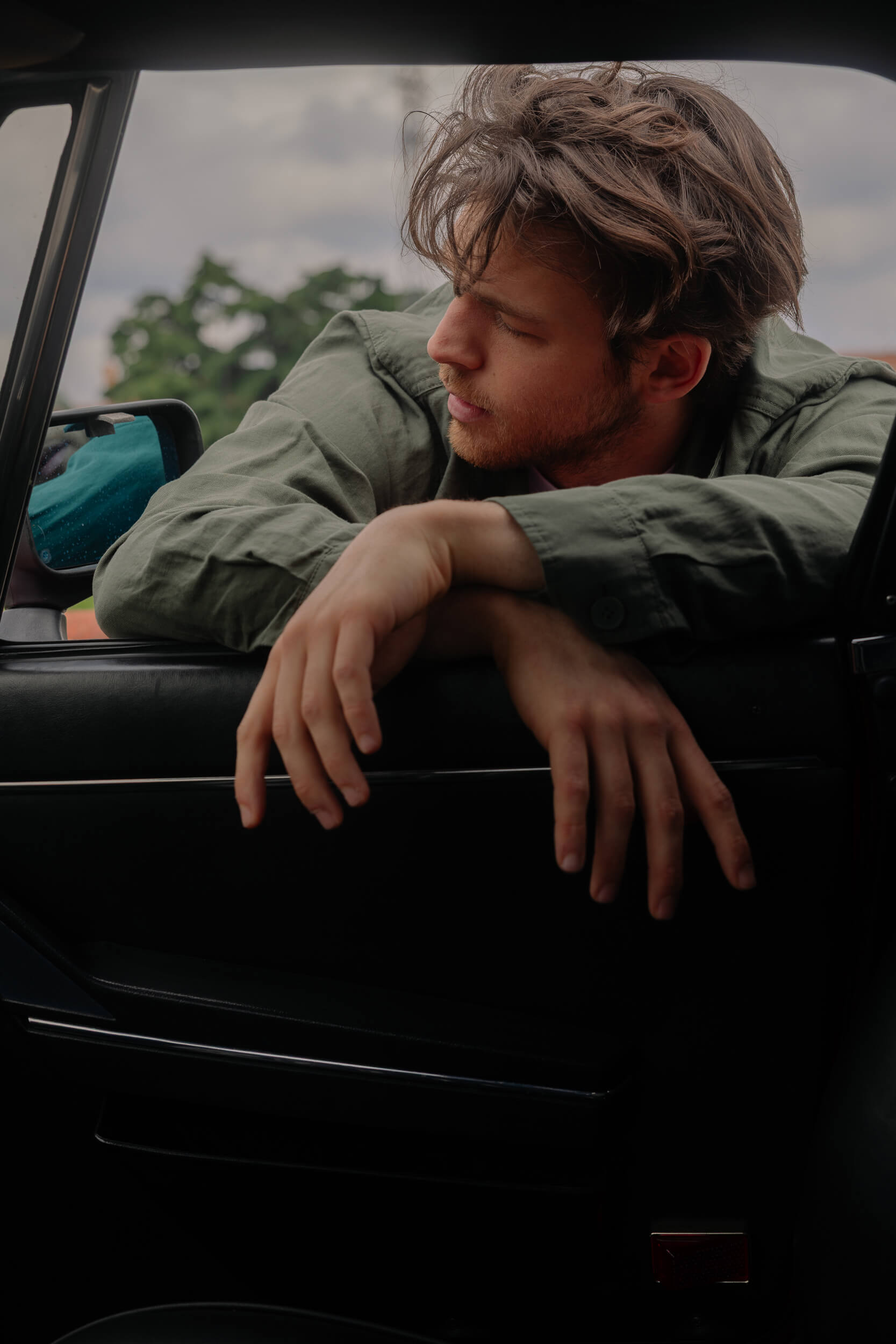
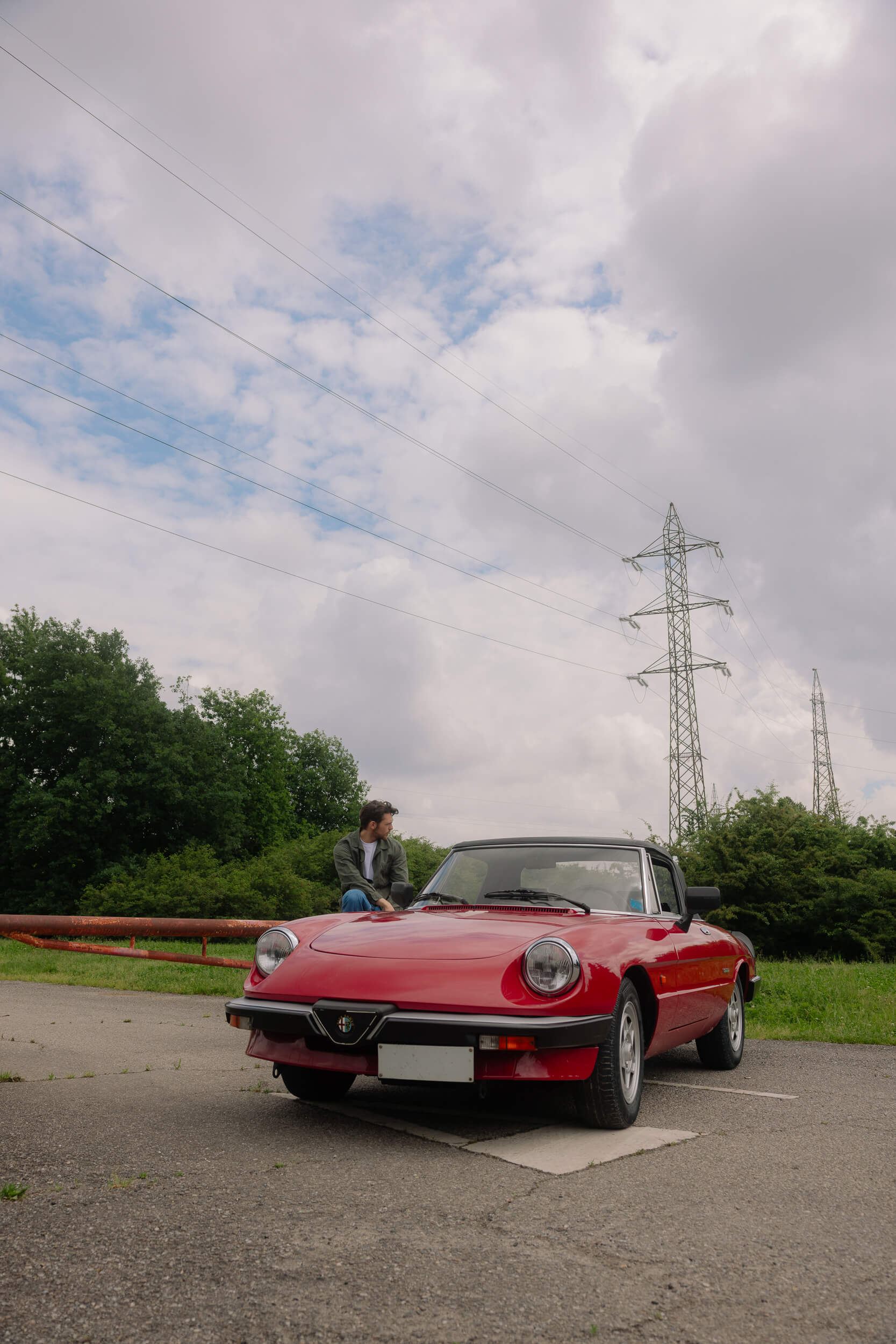
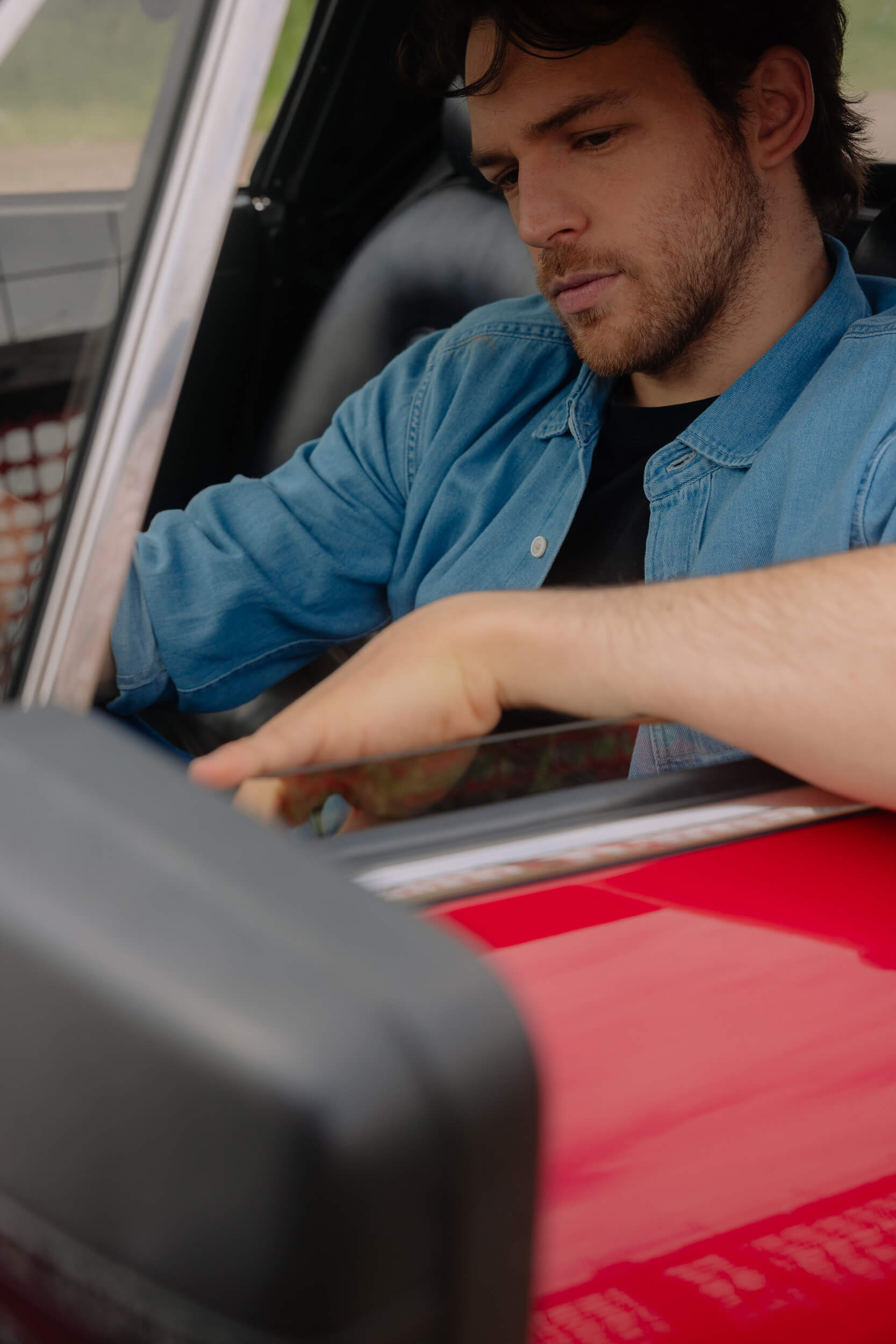
We’re in the middle of season three. Without spoilers, what can we expect from Giuseppe in the new episodes? Does the character evolve?
Definitely. In many ways, Giuseppe becomes more mature than Anthony: he’s ready to do things that Anthony might not yet be mentally ready for. Giuseppe tries to bring him up to his level of maturity, but Anthony resists a bit.
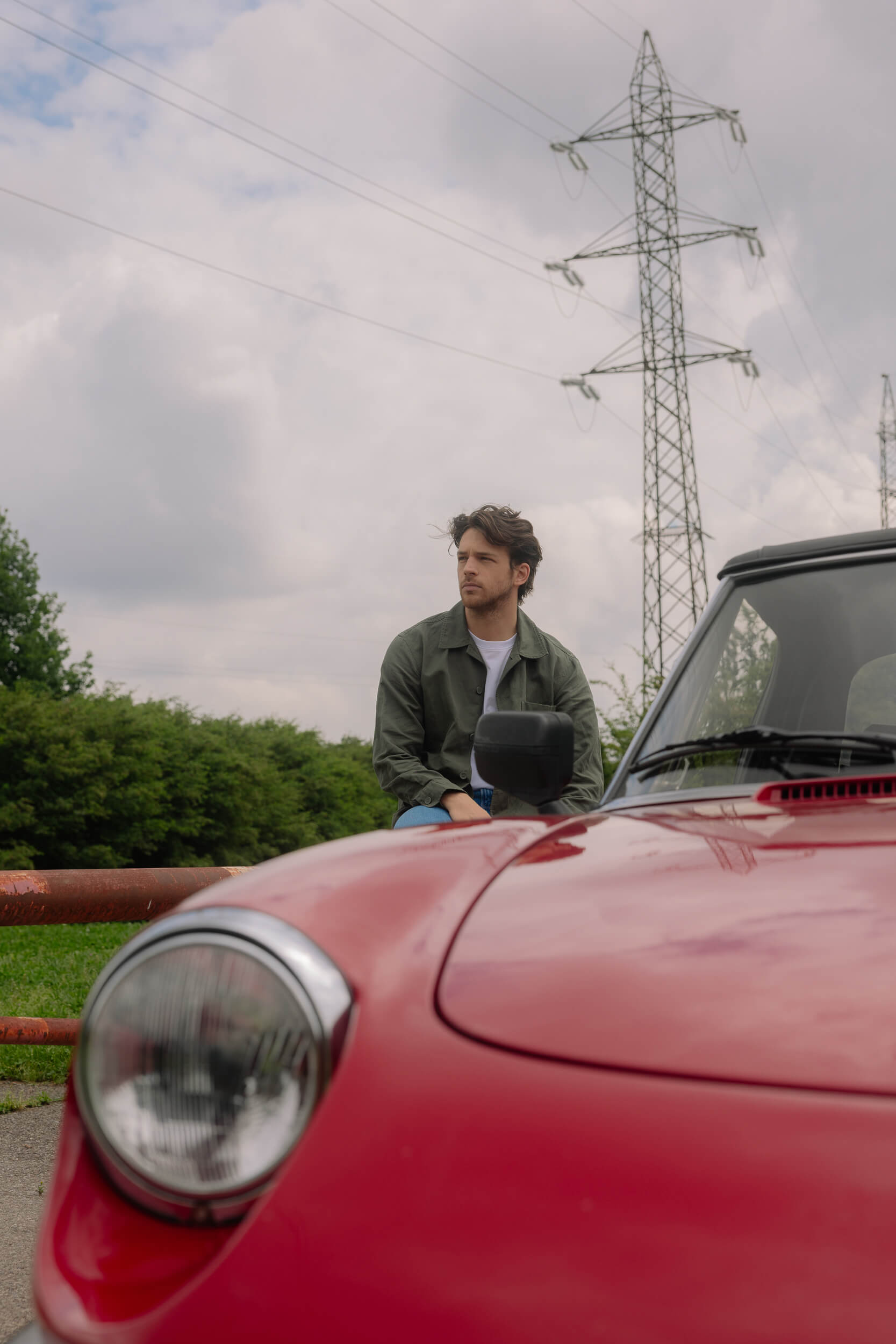
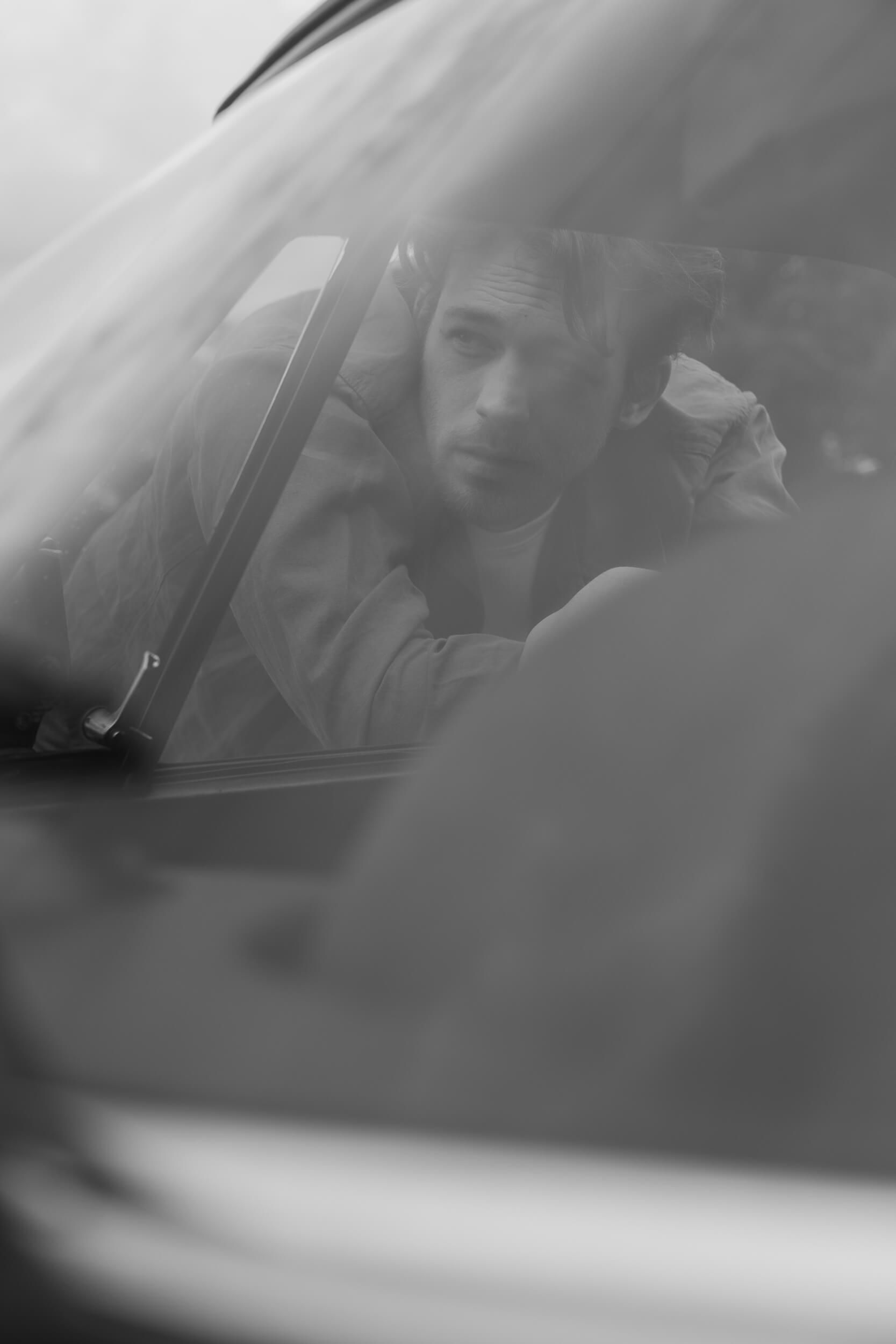
You debuted in “We Are Who We Are” by Luca Guadagnino – an authorial baptism. How did that experience shape you, and what did you carry into your later projects?
When you go through that kind of experience as your first, you get to understand and get to know the machine behind it all, the pressure that exists in that environment. That’s when I realized I actually liked that pressure, I liked having so many people around. When you have a director like Luca who gives you compliments, who says nice things, it makes you feel more confident on future sets, because you always think back to that experience that launched you and pushed you to be more secure in your abilities.
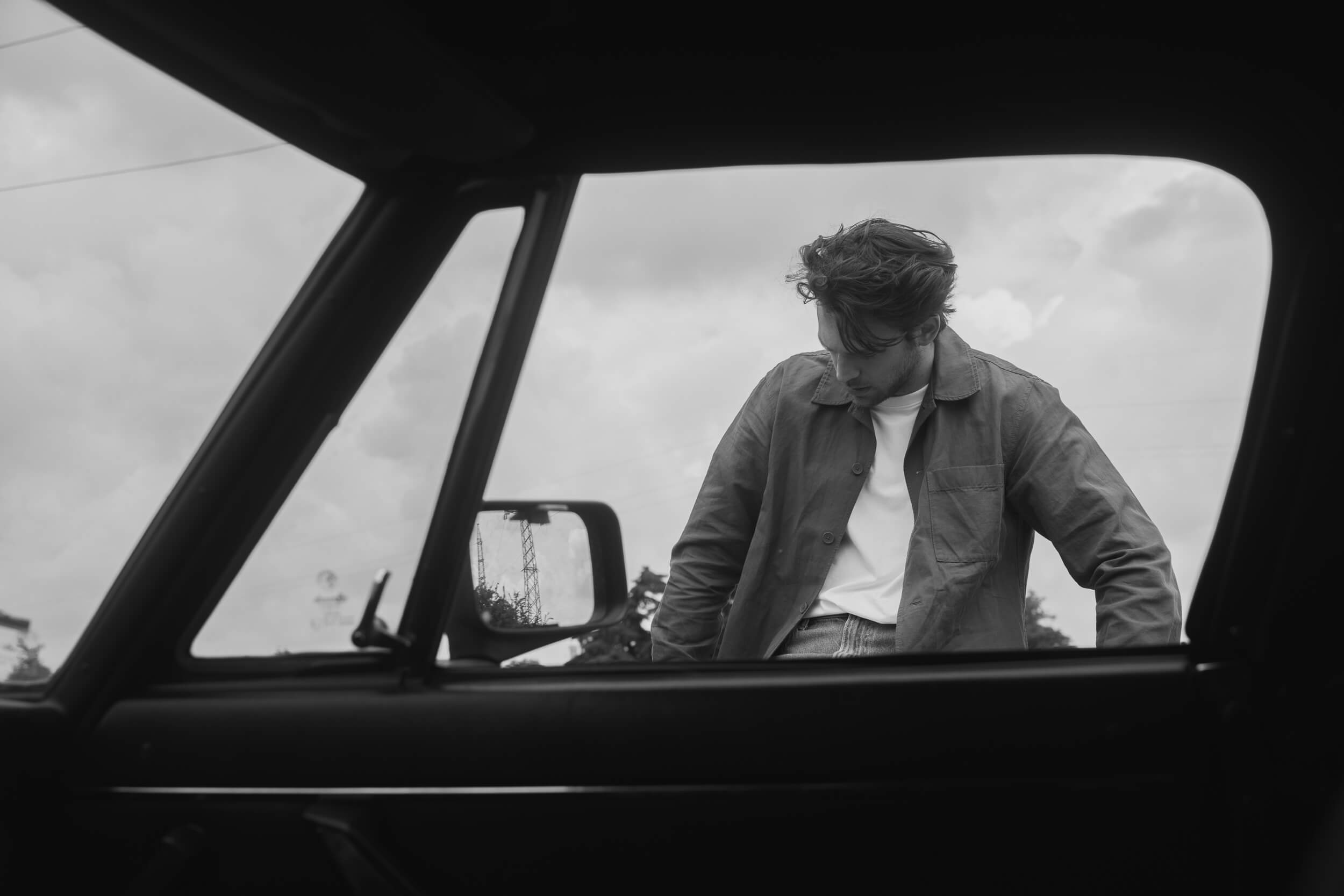
“I realized I actually liked that pressure, I liked having so many people around.”
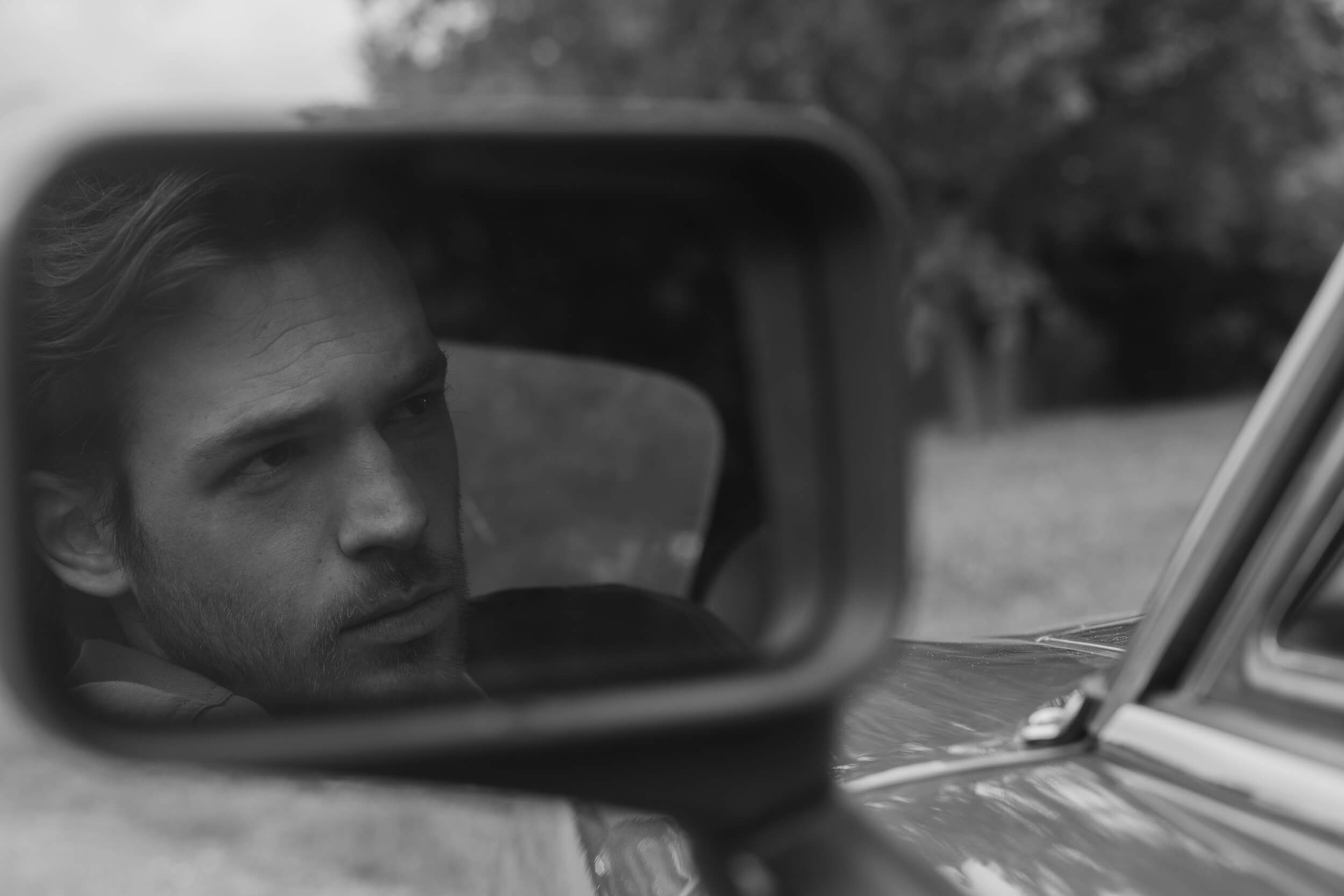
For you, it all started with Shakespeare and Miller in school. What did that kind of training give you compared to more “cinematic” acting?
I love theatre! I’d love to do more of it, but there’s not much around and the thing they do are often not very good: theatre is dying. In America, on Broadway and Off-Broadway, they still do interesting things, but in Italy it seems like they either do the super-classics or theatre for its own sake, to show off without any real themes. All the work we did in school has made me more picky when I read a screenplay today.
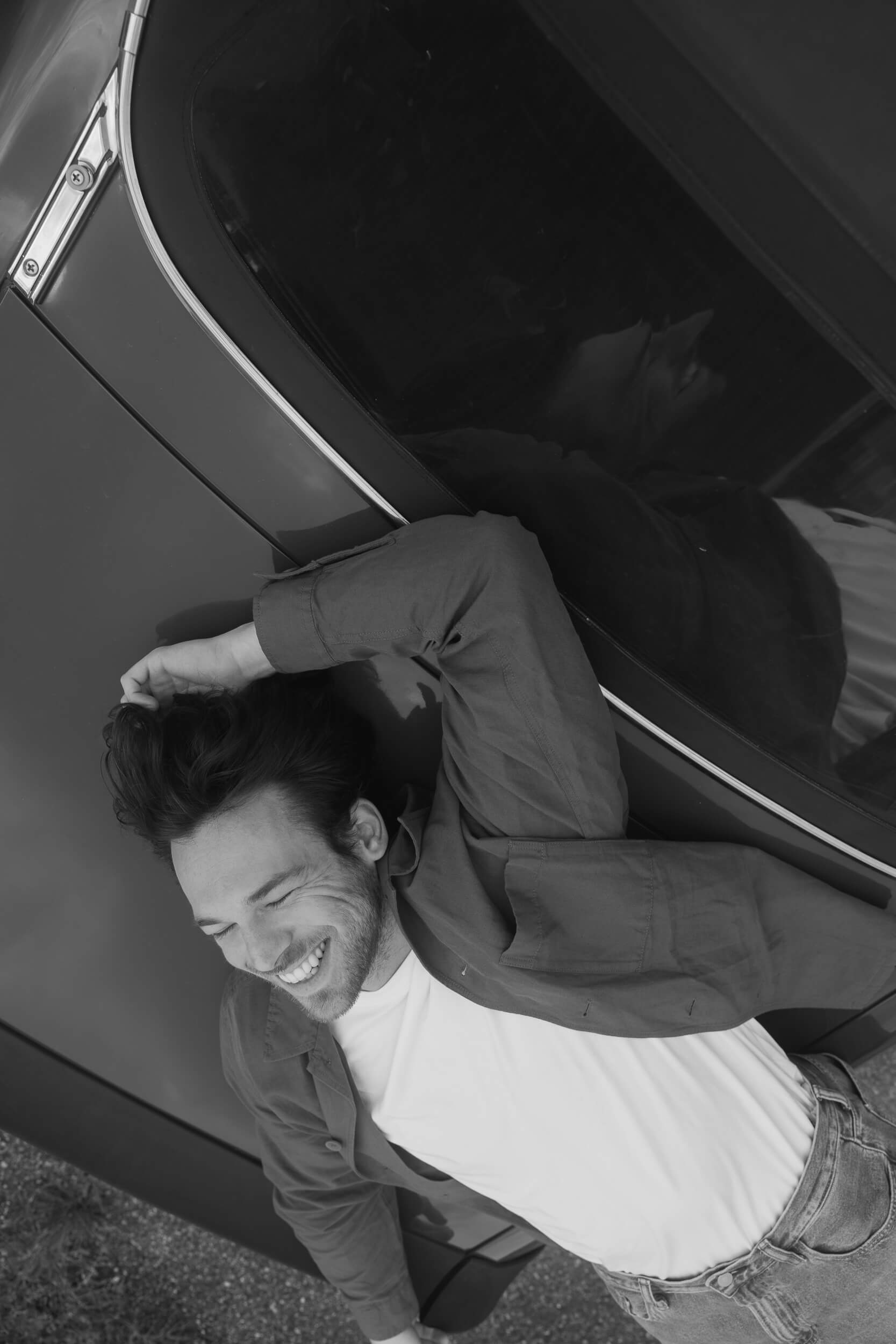
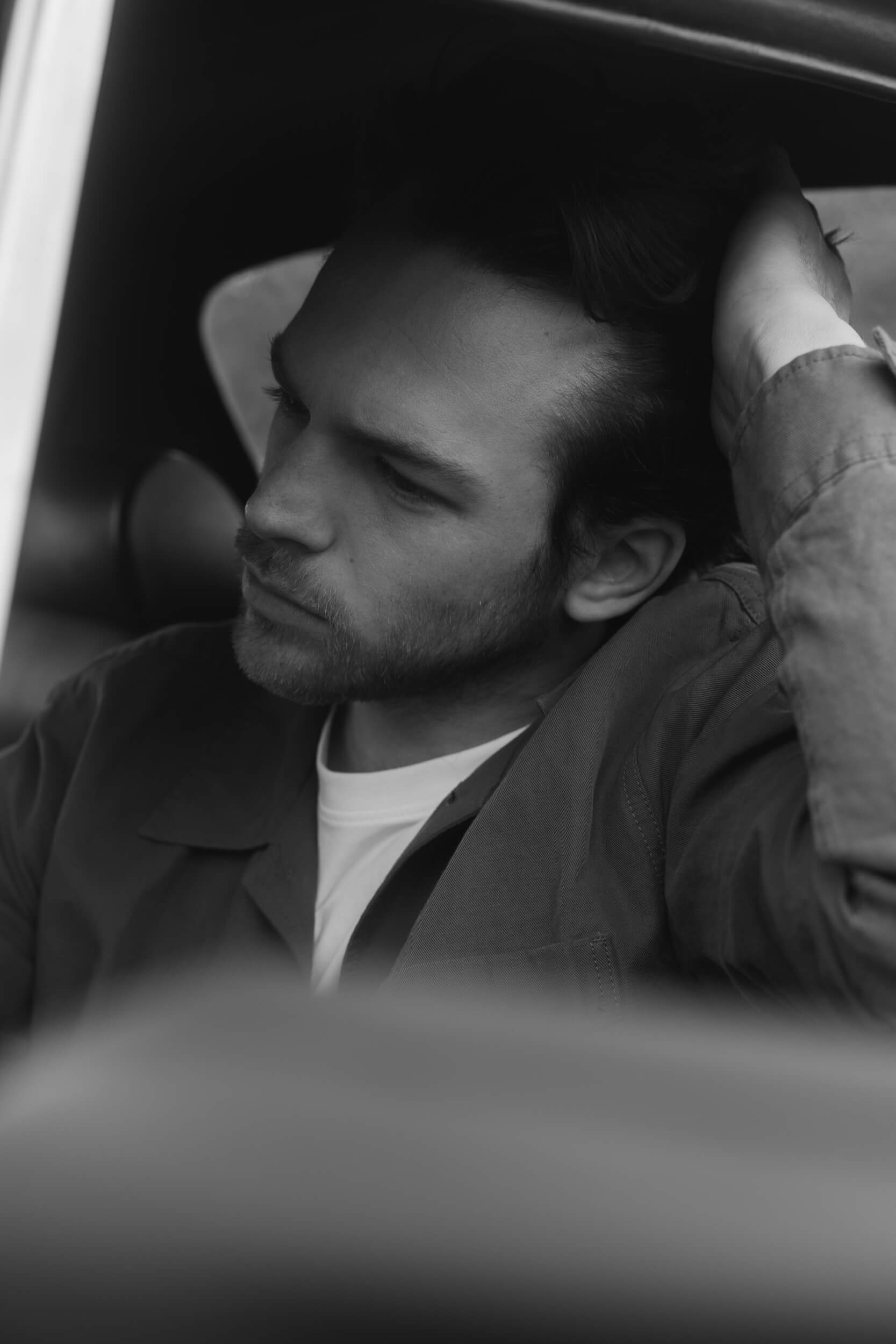
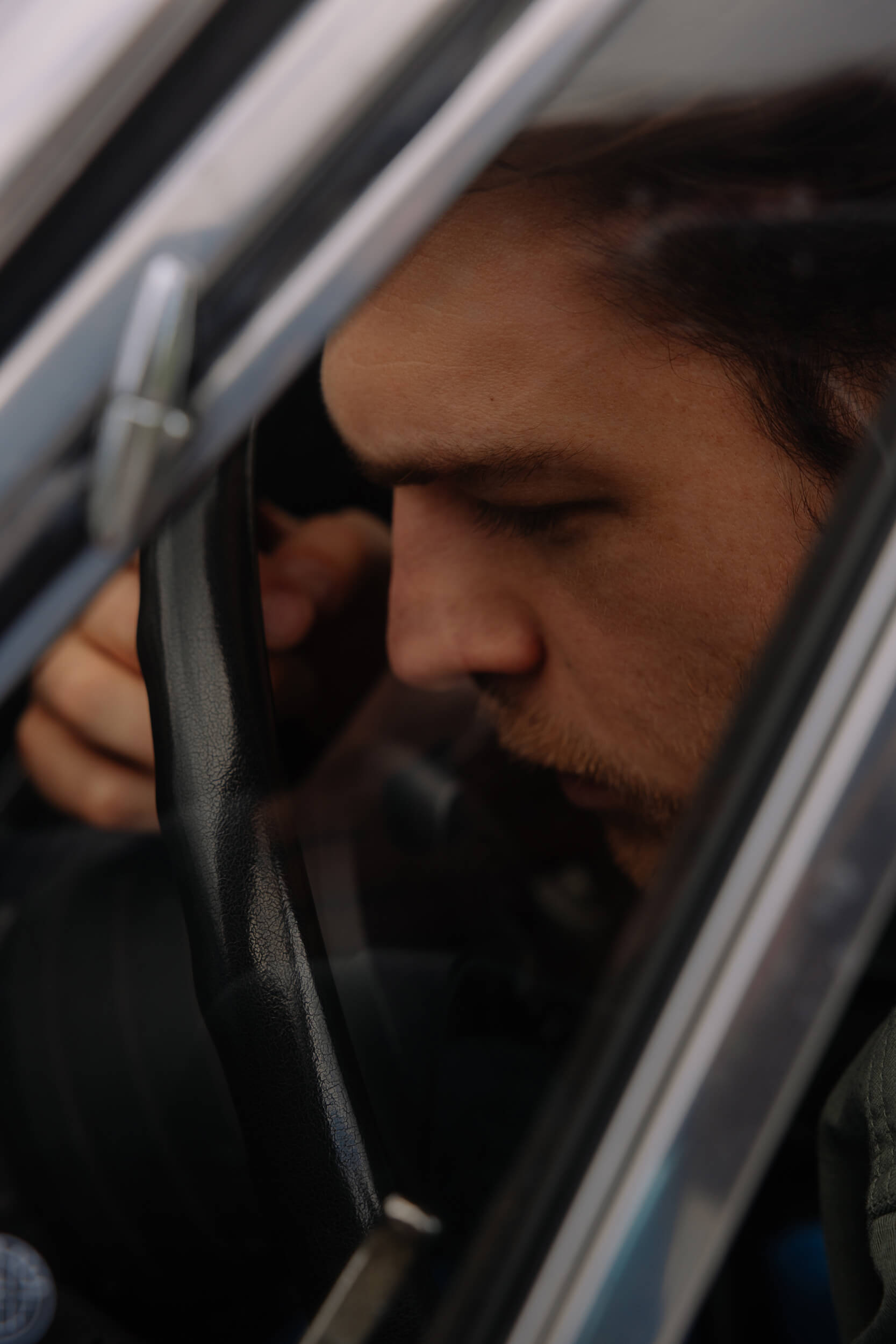
Do you feel closer to cinema than to theatre now?
Not exactly. It’s two completely different experiences. In fact, acting in theatre is a more direct experience, while shooting the same scene a thousand times isn’t really fun. I love doing film and TV, but it’s a much more technical job, whereas theatre is much freer, it’s made for actors. Cinema, on the other hand, I think is more an art form made for directors.
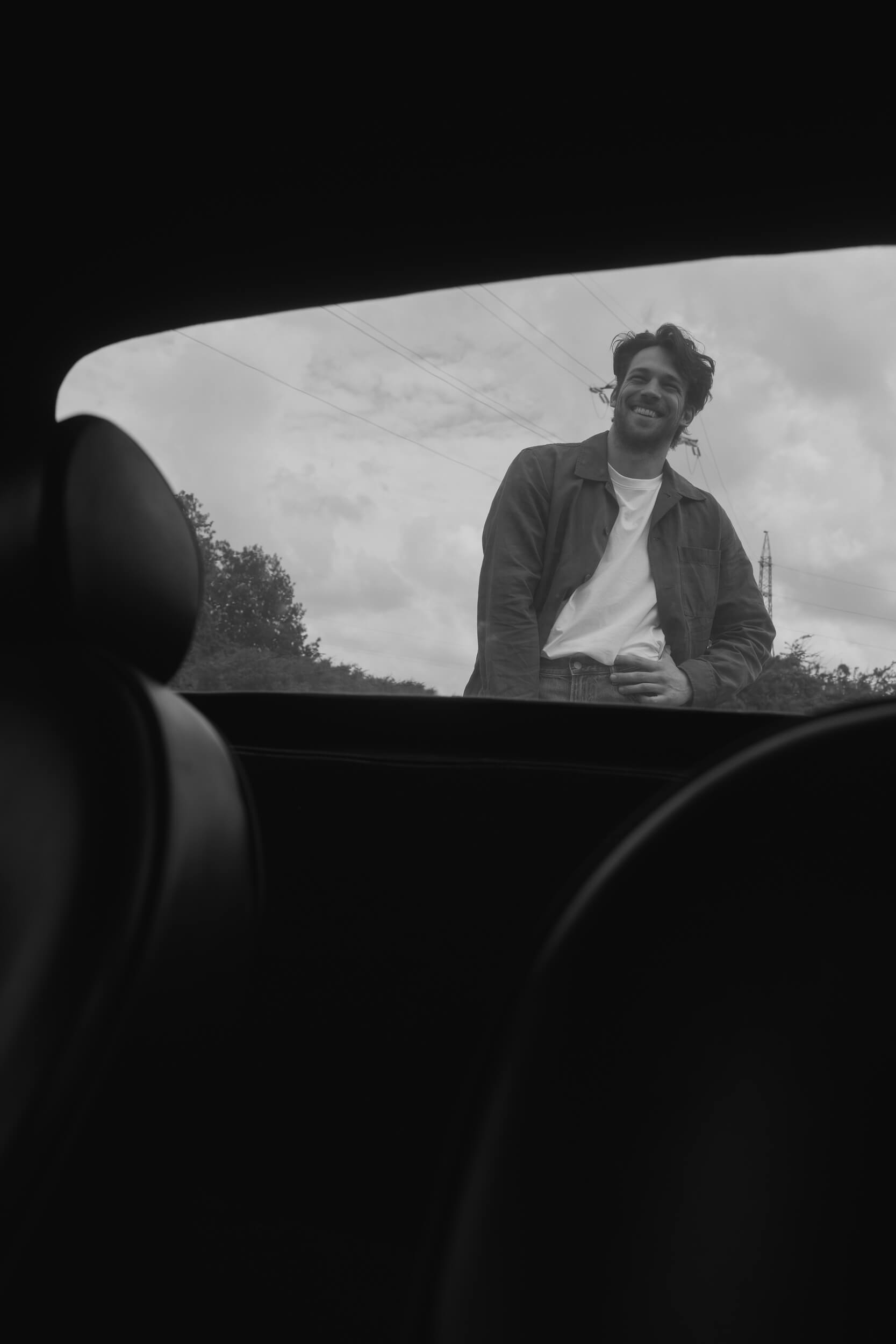
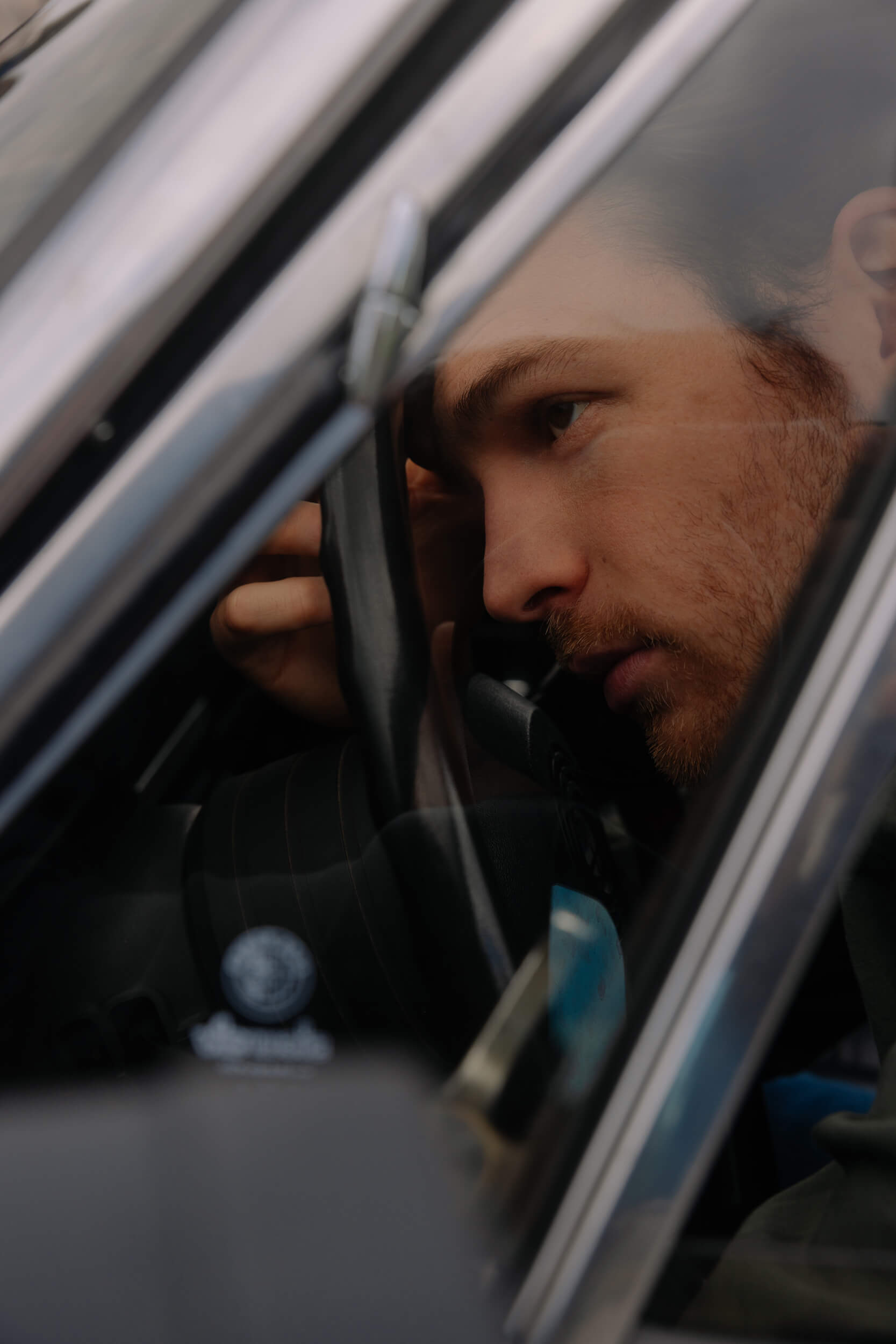
“Theater is made for actors”
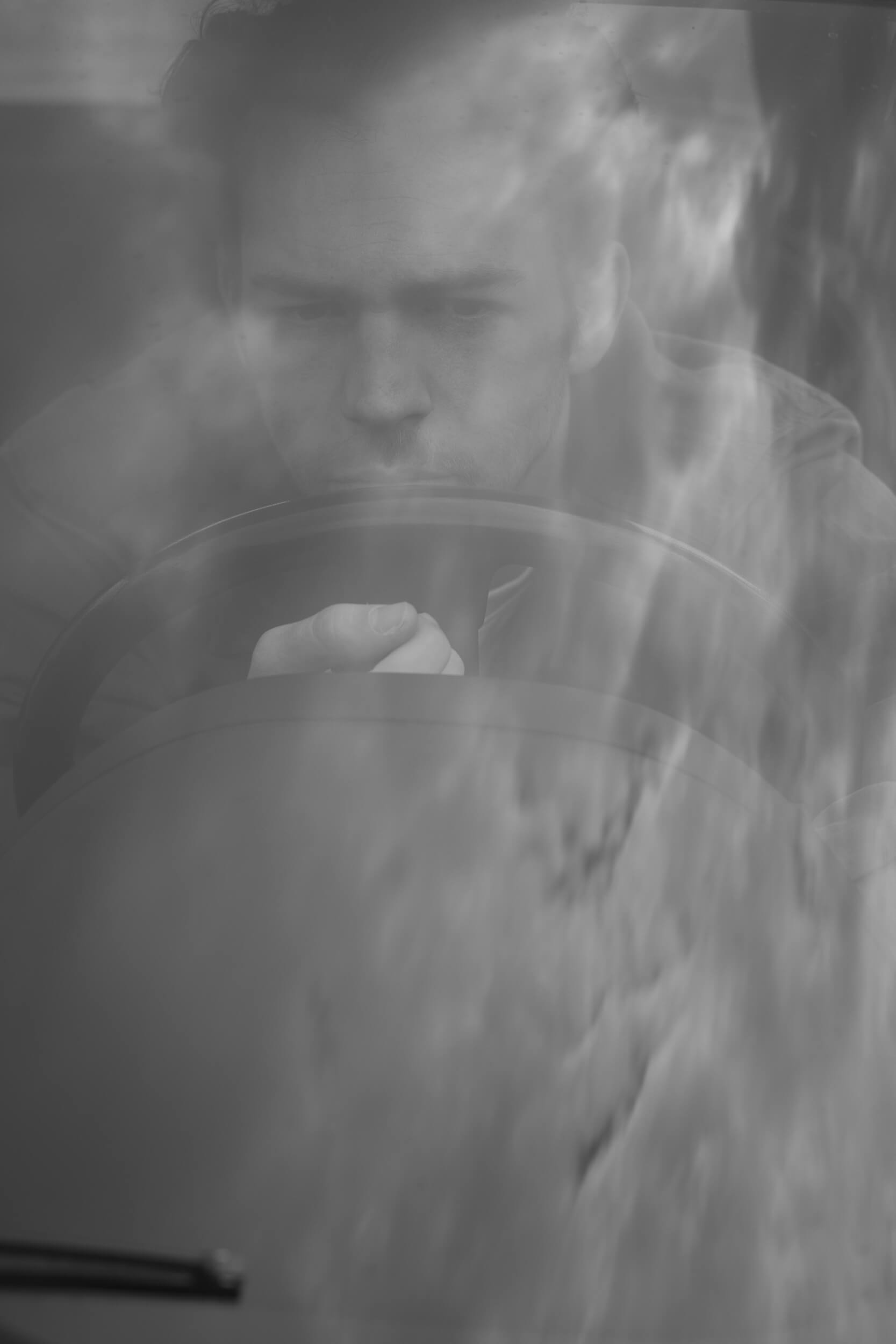
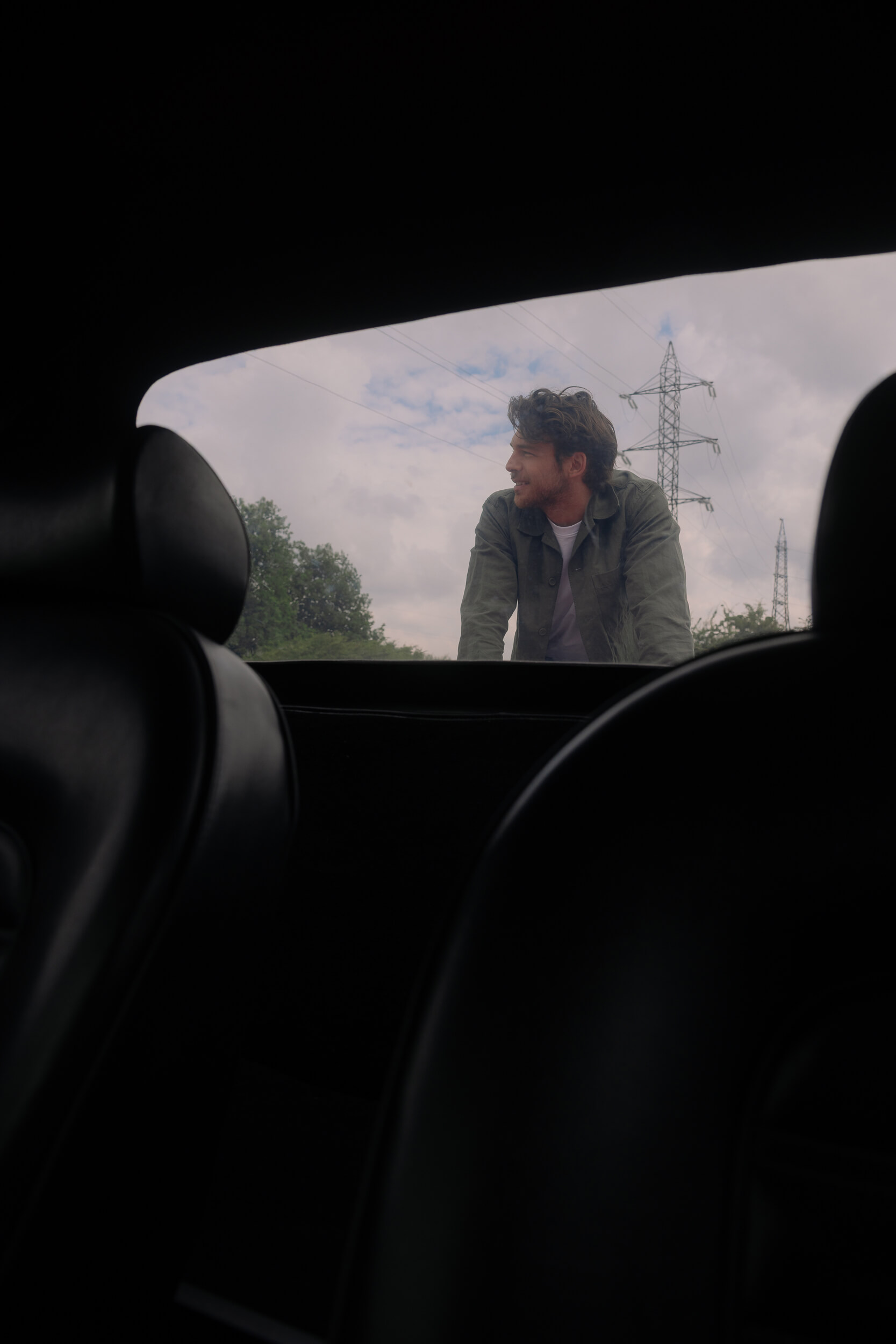
Looking back at your first auditions, or your first steps in this world, what advice would you give to your younger self?
I’d probably tell him to take things a bit more light-heartedly and to be patient.
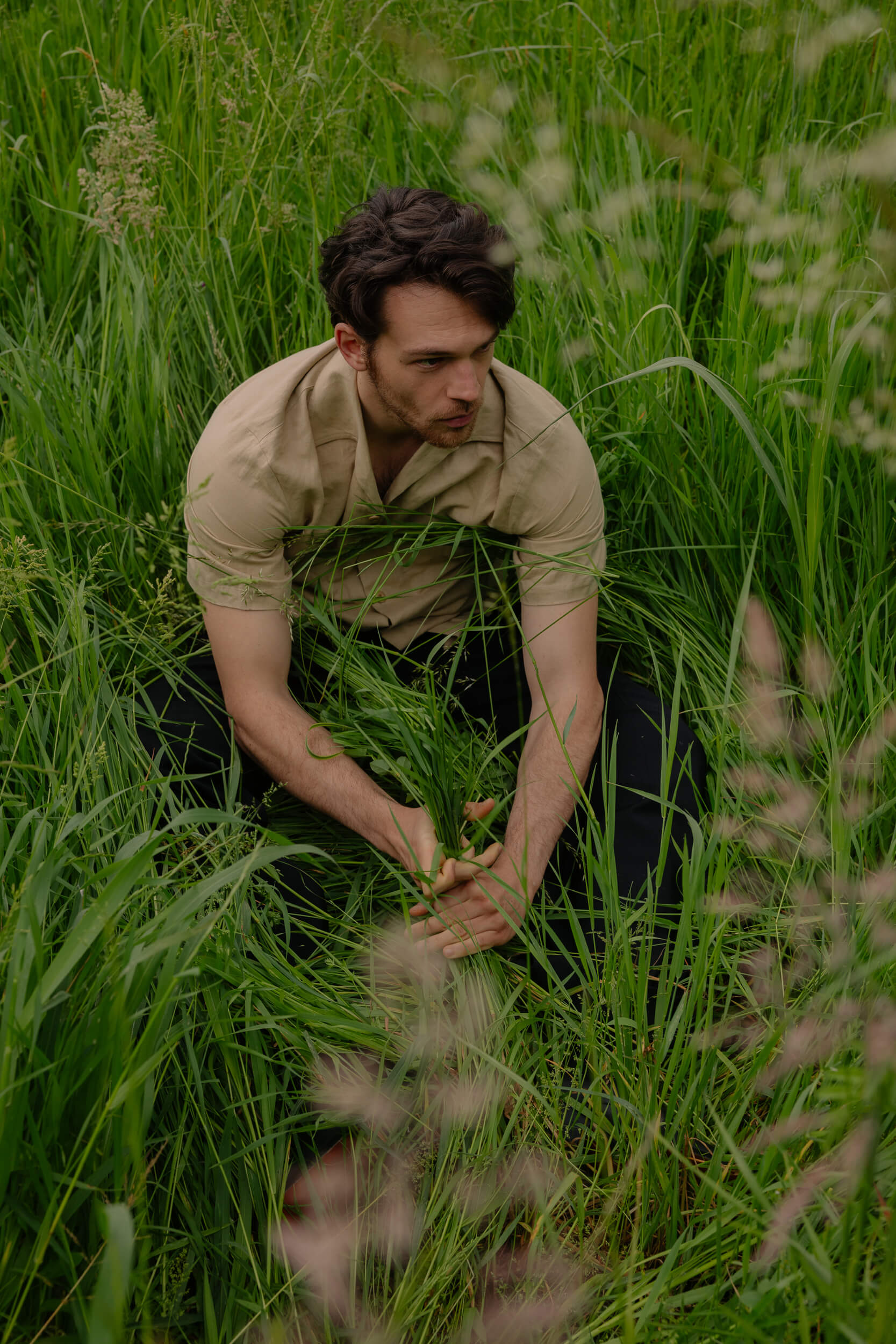
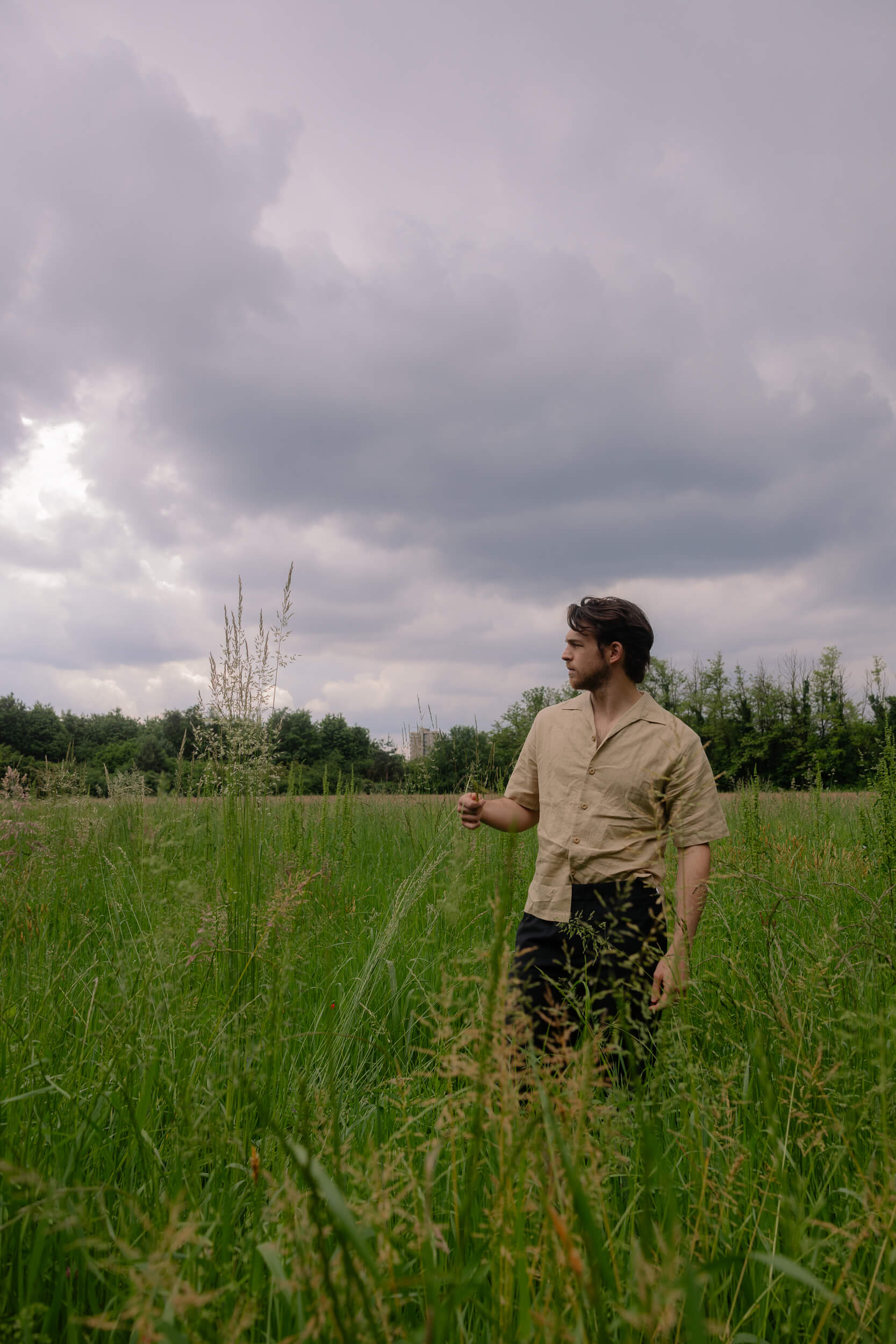
What’s the last thing you learned about yourself through your work?
I think, to play certain roles, you already need to know yourself pretty well. I know that I’m capable of a lot, emotionally speaking, and I’ve discovered again that I’ve become more empathetic.
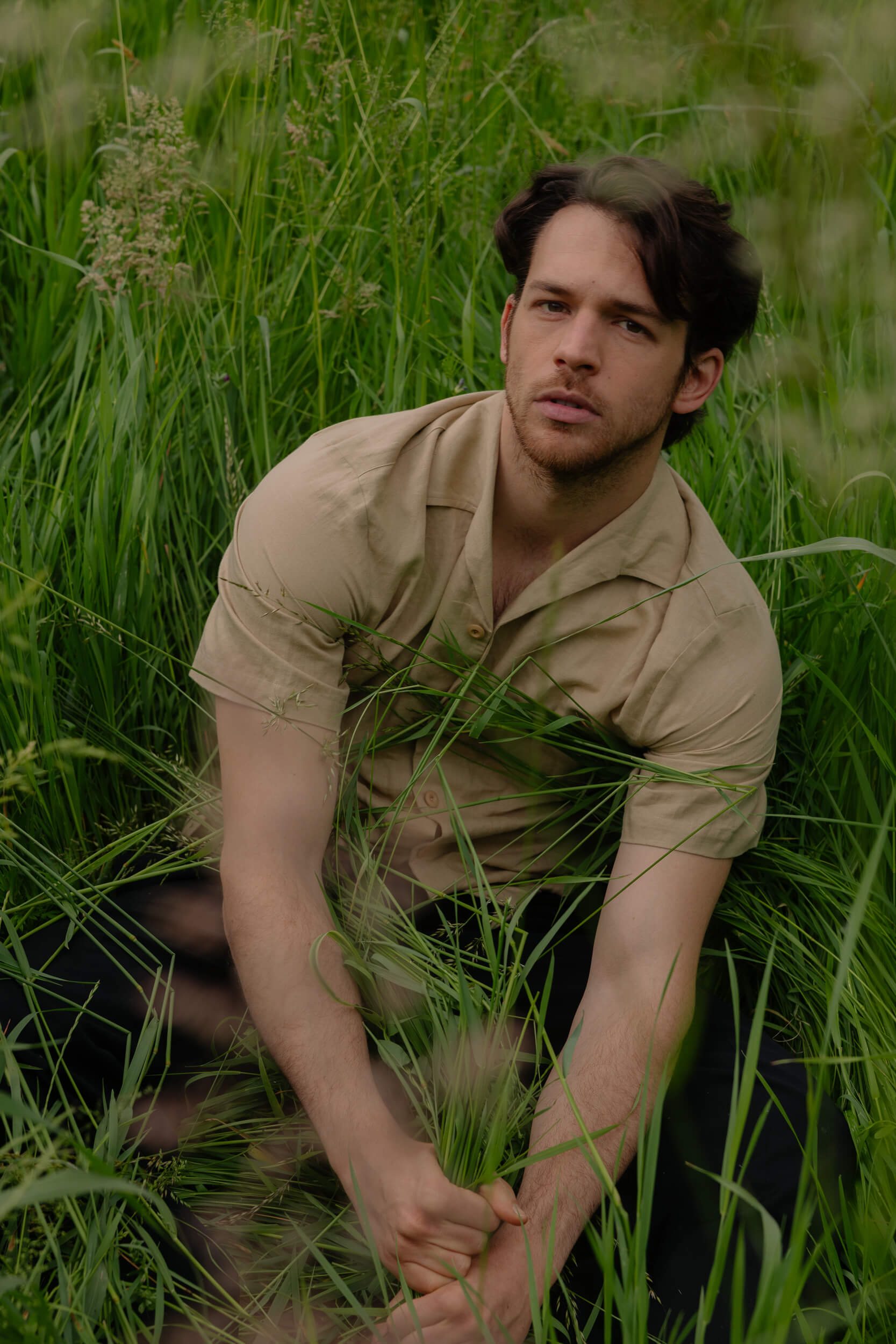
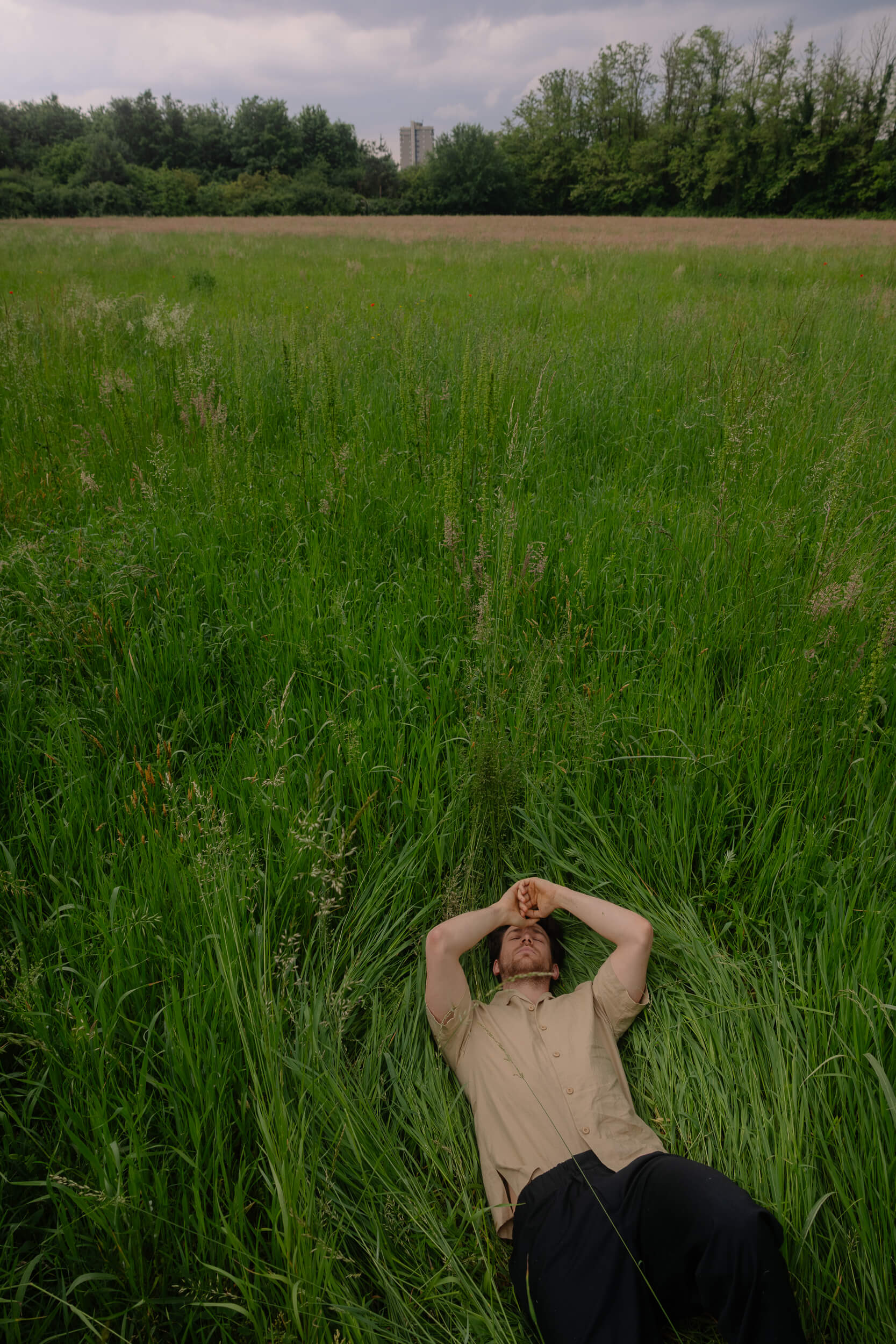
“To play certain roles, you already need to know yourself pretty well.”
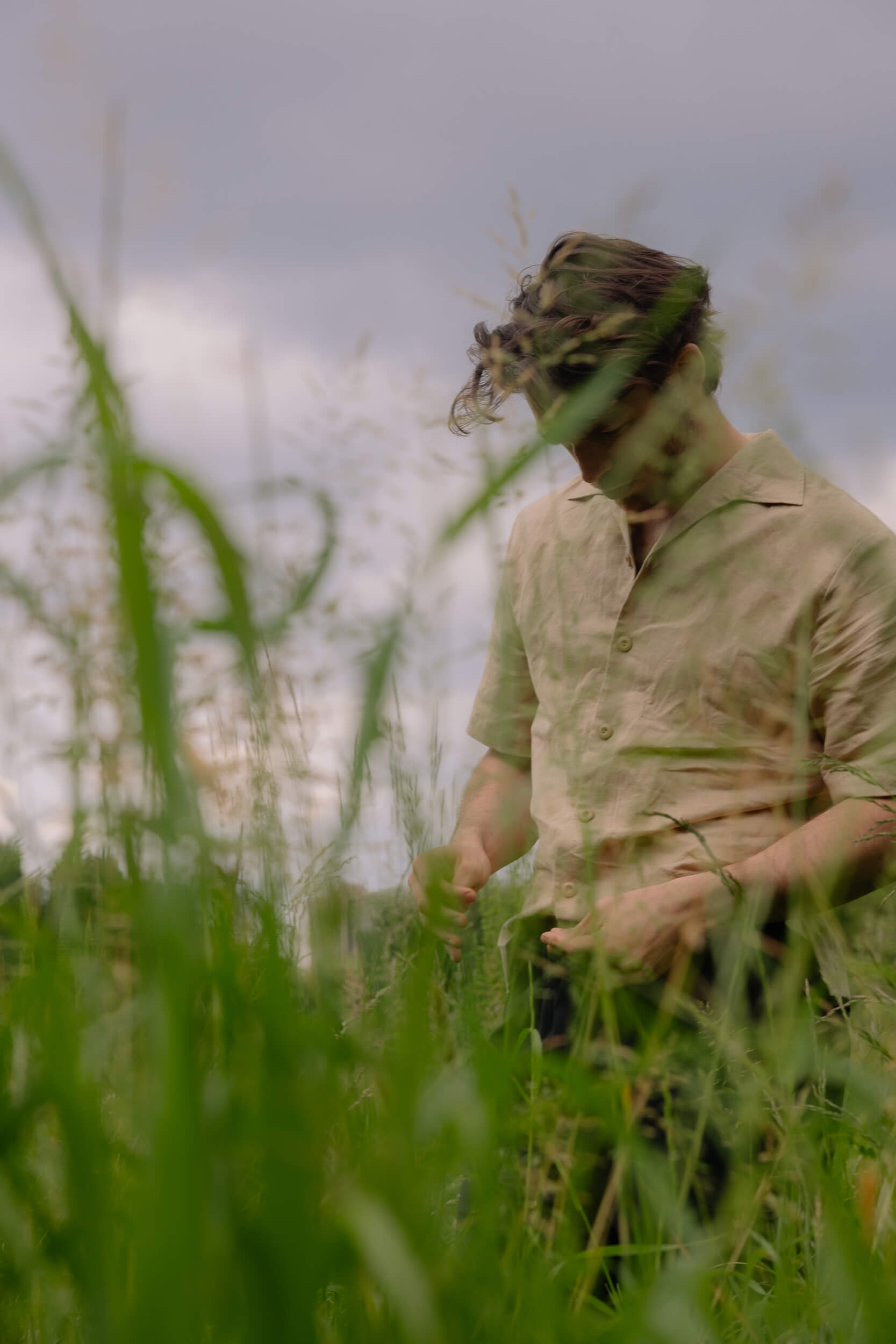
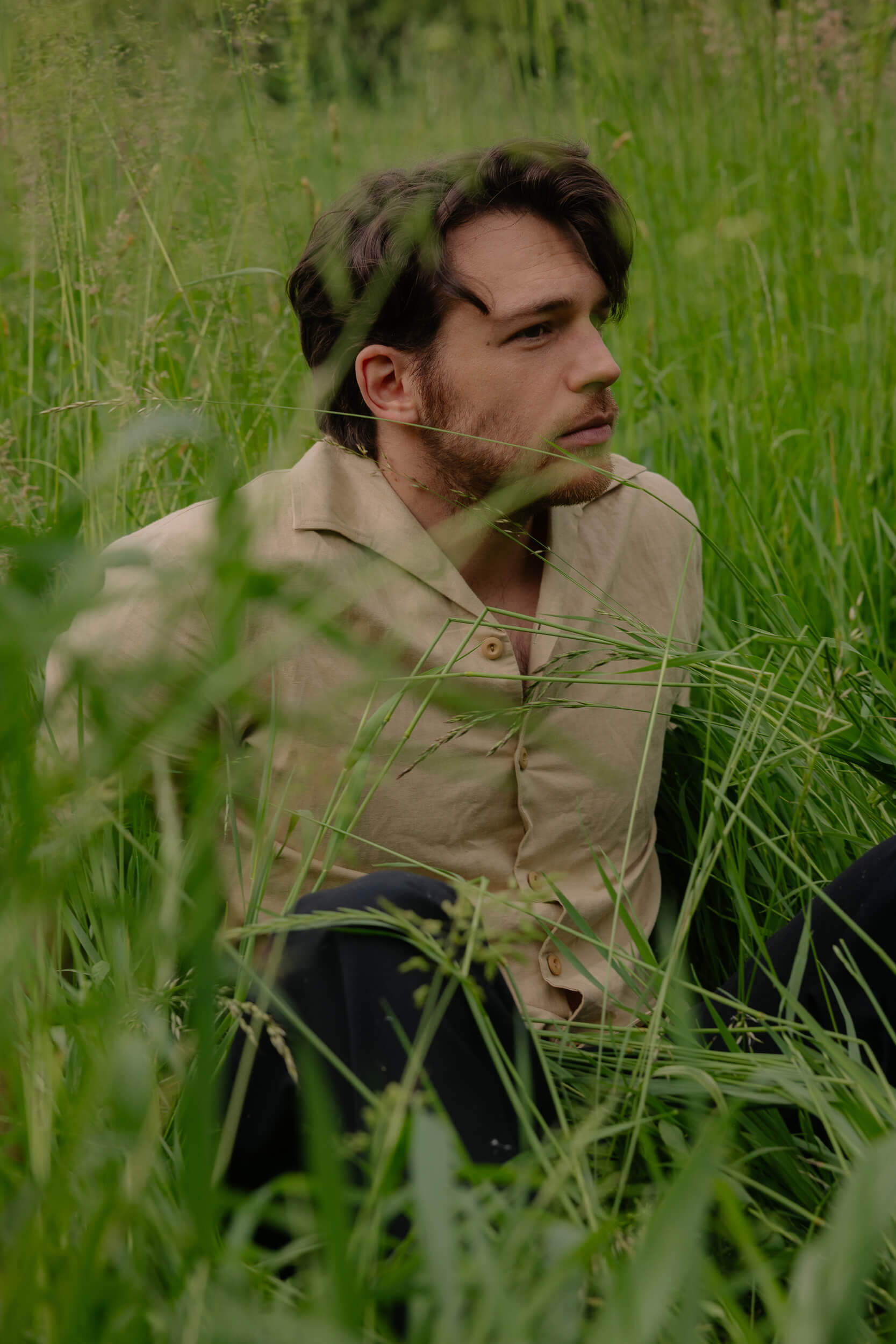
What are you reading these days?
I’m reading a book about Roman emperors, an essay by an English author.
And what are you listening to?
Sting and Eric Clapton.
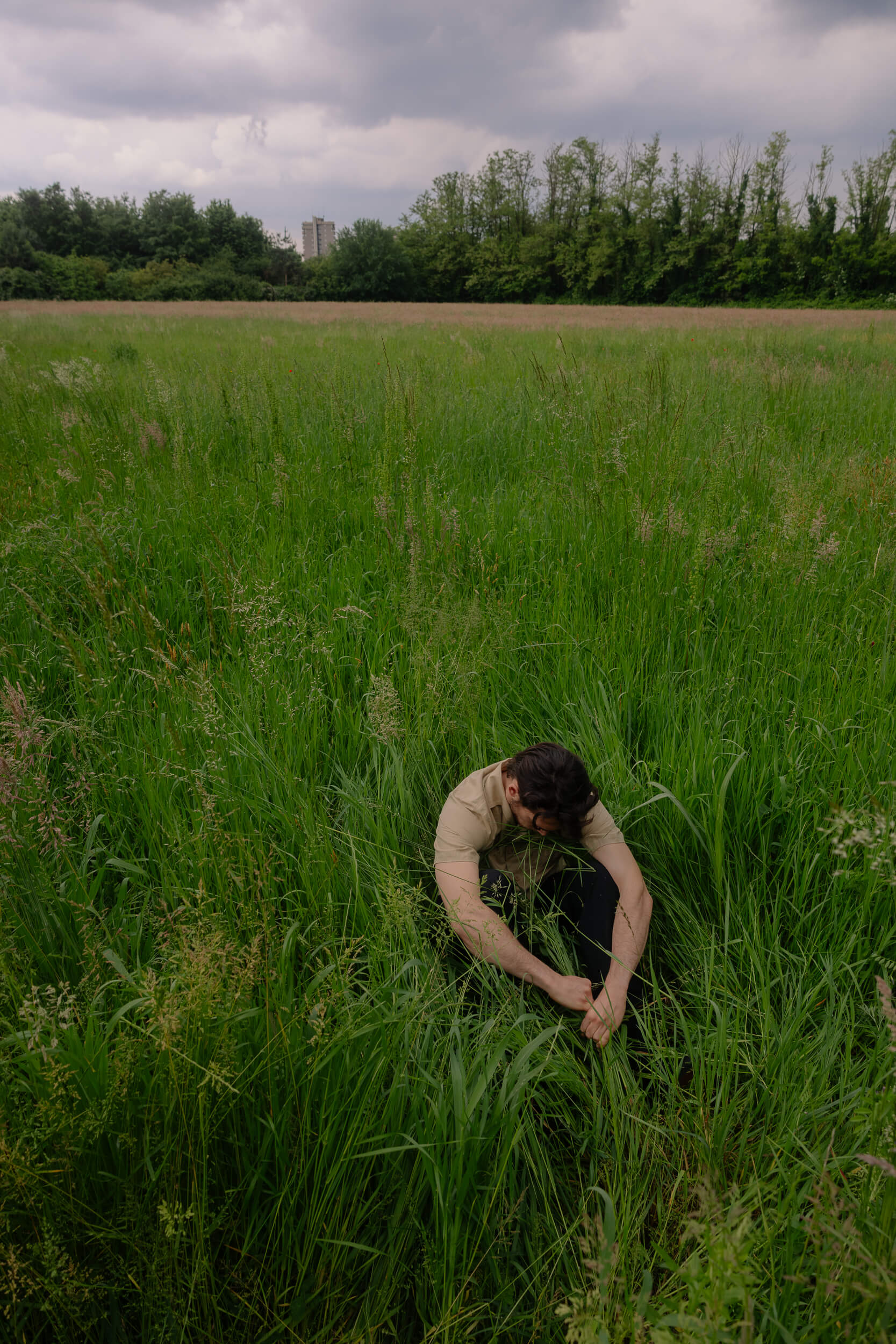
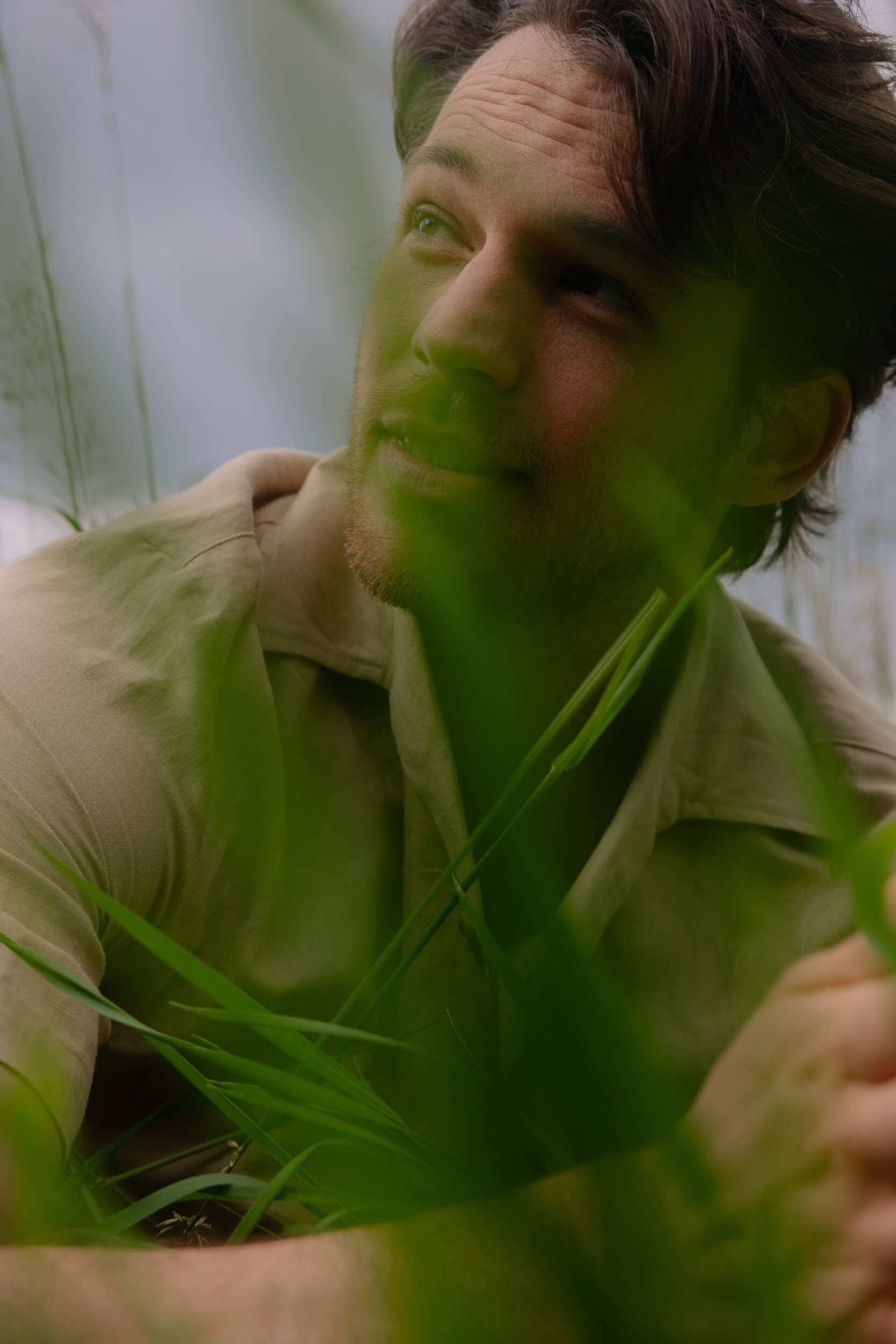
The last film or TV series you watched that stayed with you?
“Maestro” by Bradley Cooper. I really liked it, despite the mixed reviews. I saw it twice at the cinema.
Your greatest act of courage?
The decision to become an actor, definitely.
Your biggest fear?
Time – either it passing or not passing.
What makes you feel safe? And what makes you feel confident?
My home, where I grew up, makes me feel safe.
What makes me feel confident is knowing that I’m always honest and critical with myself.
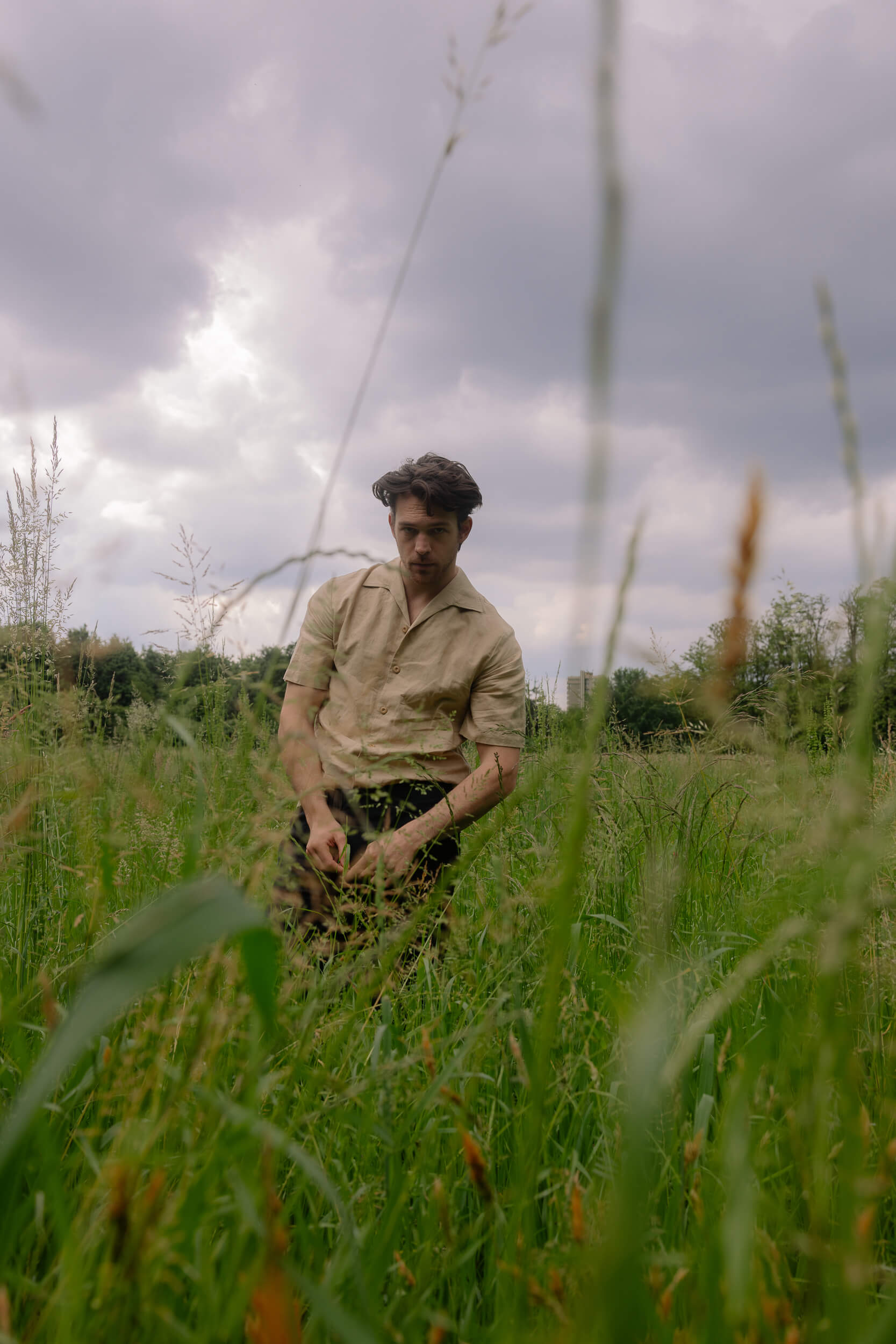
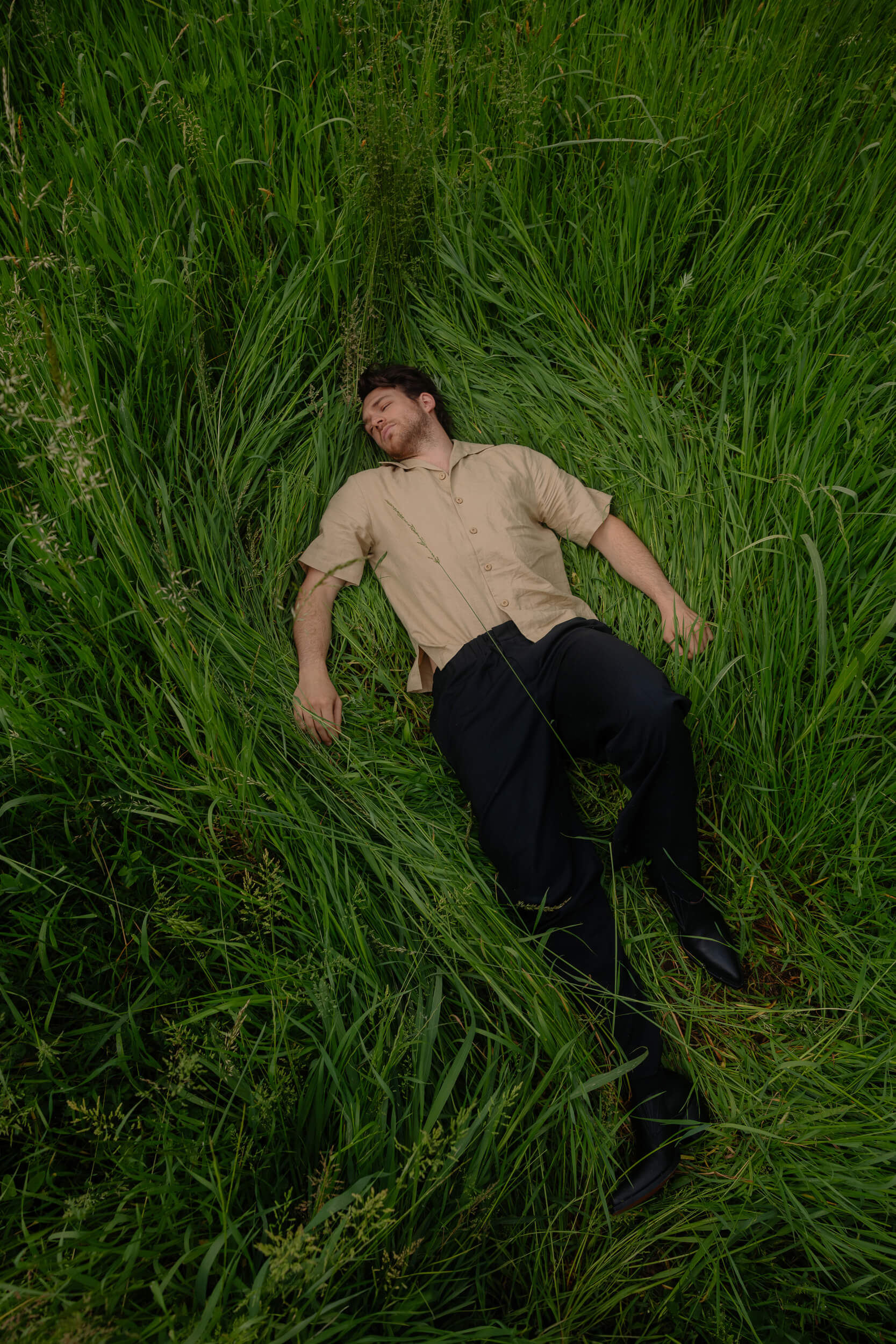
The view you’d like to see every time you open a window?
Nature.
What does it mean to you to feel comfortable in your own skin?
I should answer you when I get there! [laughs] It’s a work in progress, and I think it always will be.
Your happy place?
I don’t think it exists. Ideally, for me, it would be a place that combines my American side and my Italian side, so… a very big island [laughs]. Yours?
Mine? I guess wherever my favorite people are.
Right, nice.
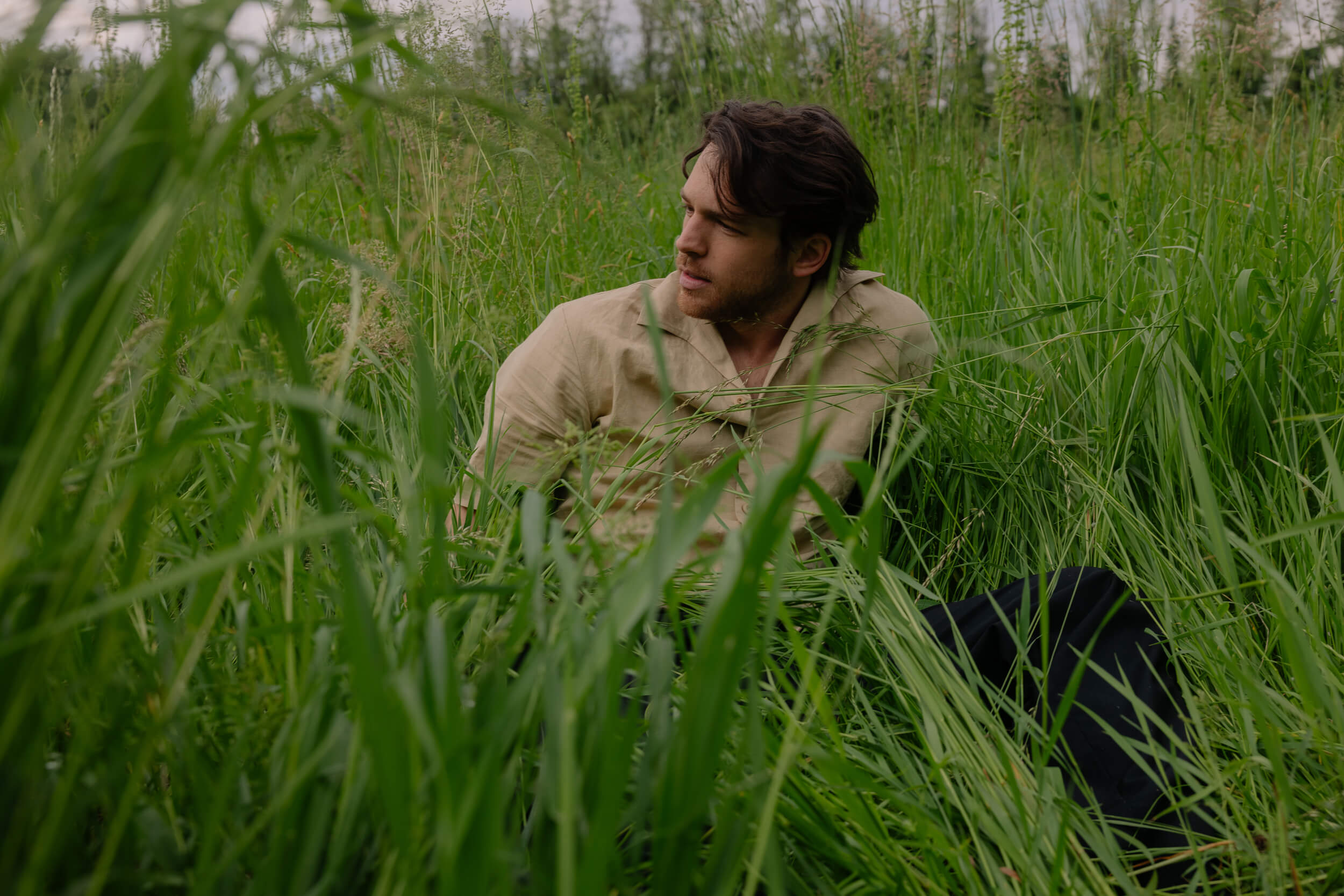
Photos & Video by Johnny Carrano.
Styling by Ilaria Di Gasparro.
Grooming by Sveva Del Campo.
Thanks to MPunto Comunicazione.
LOOK 1
Jacket: Uniqlo
T-shirt: Manuel Ritz
Jeans: Uniqlo
Boots: Sonora
LOOK 2
T-shirt: Manuel Ritz
Jacket: Uniqlo
Jeans: Uniqlo
LOOK 3
T-shirt: Sandro Paris
Trousers: Sandro Paris
Boots: Sonora

